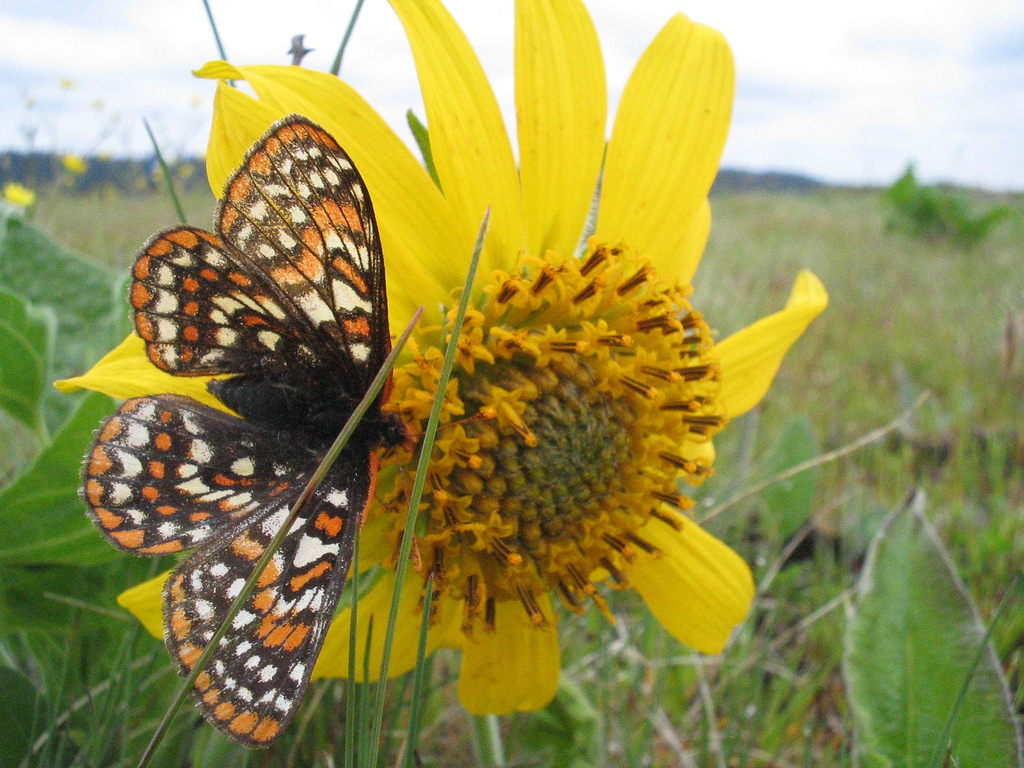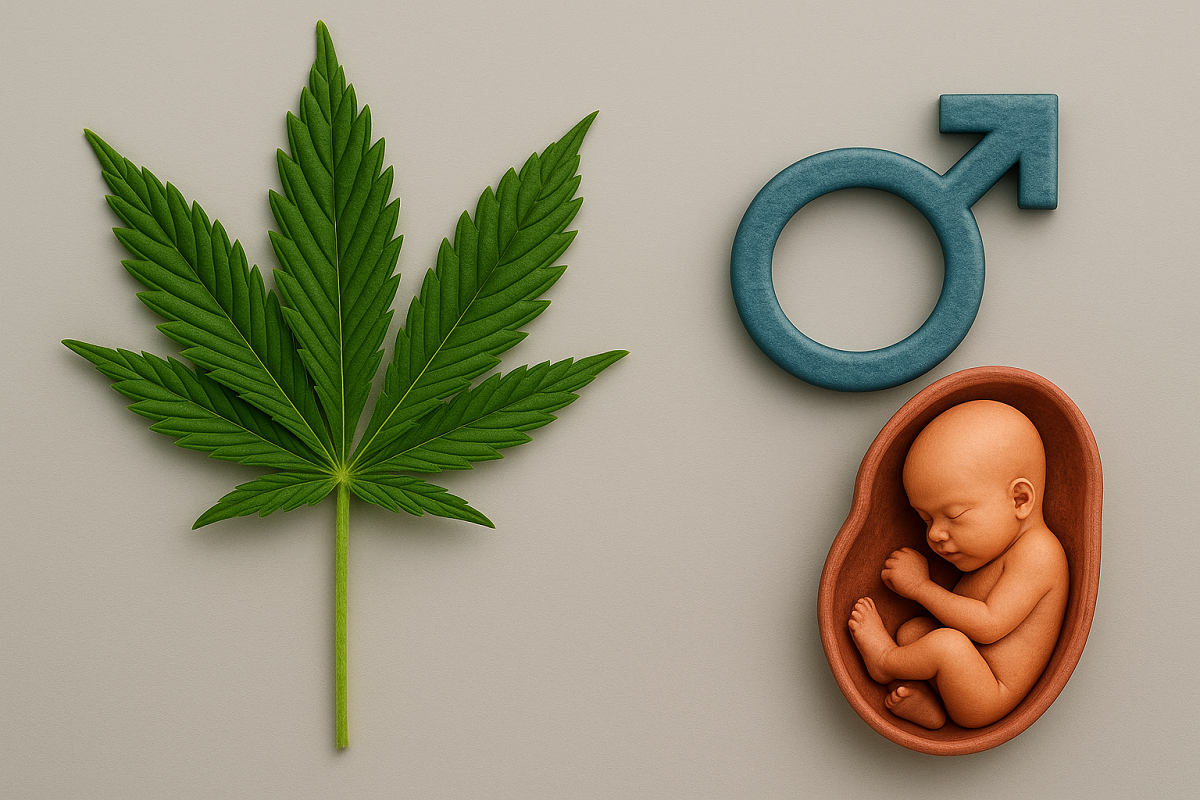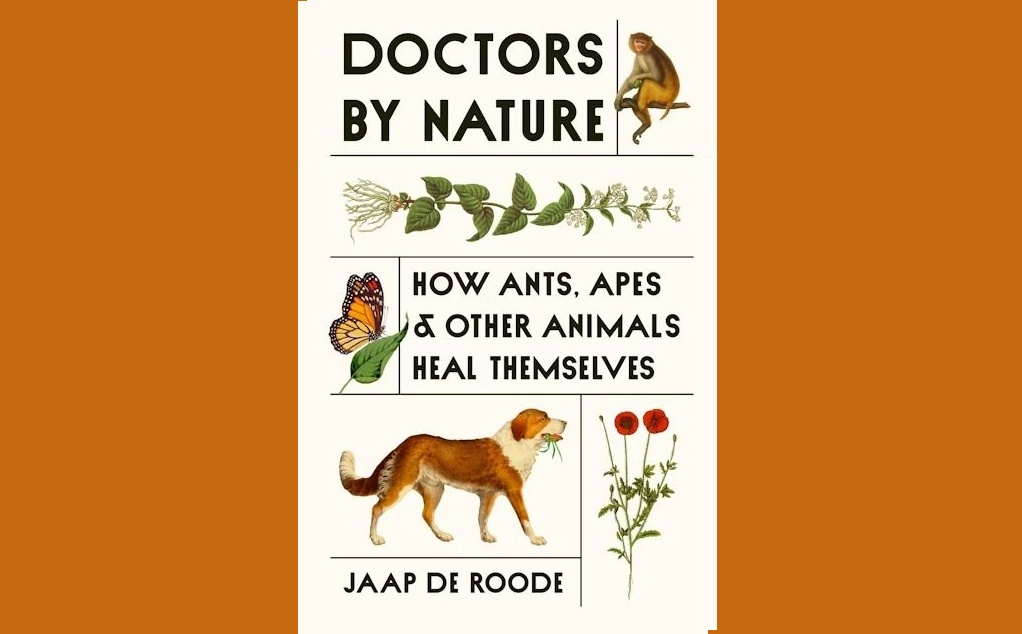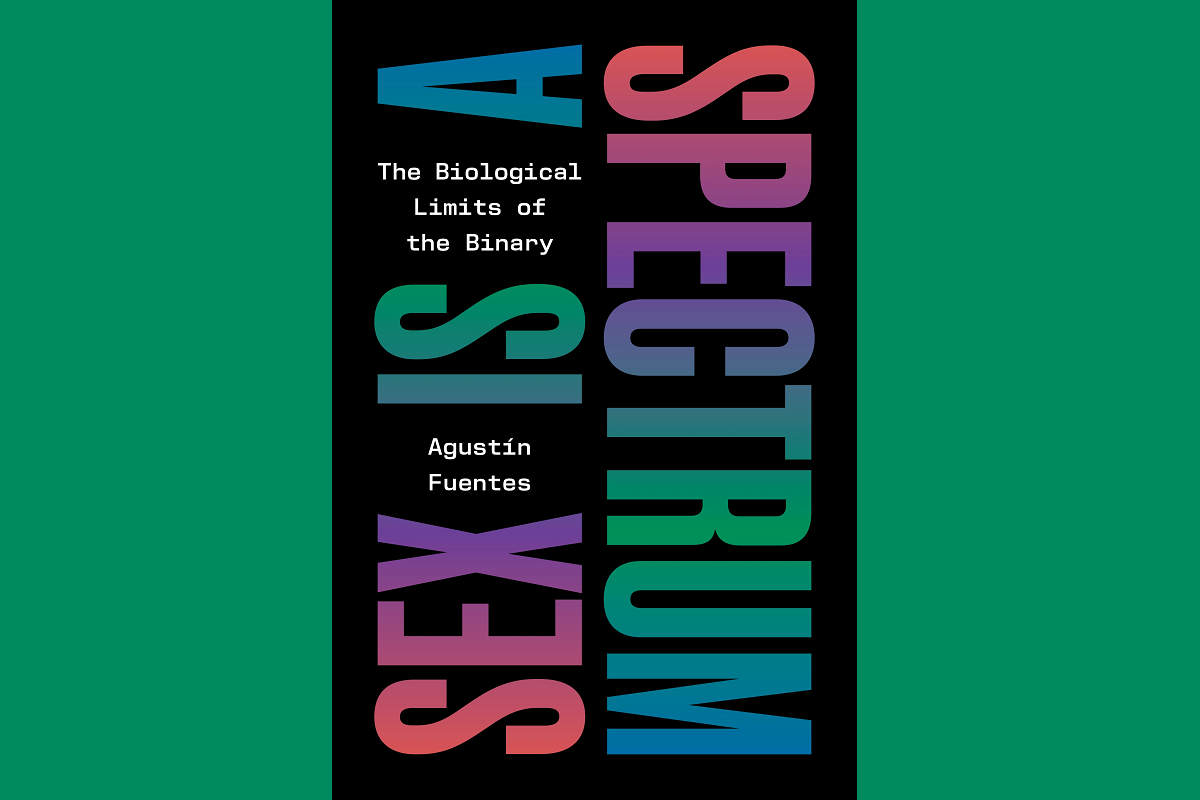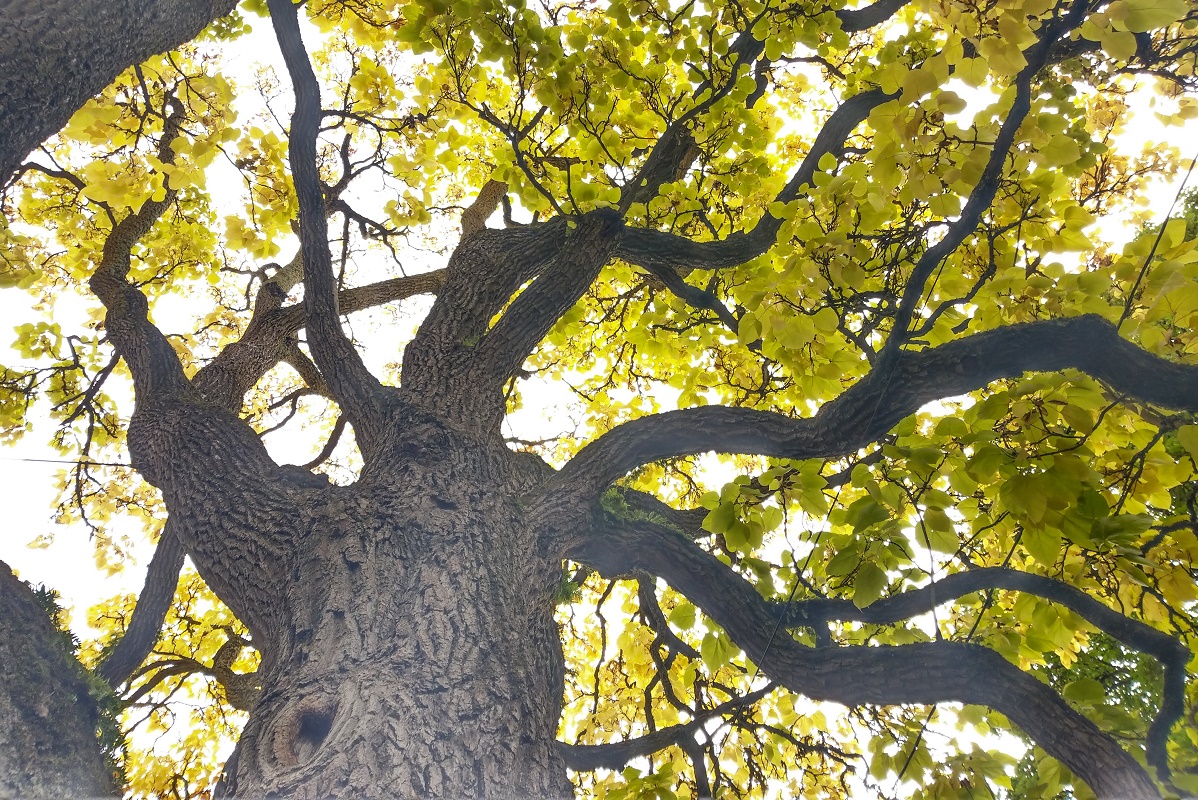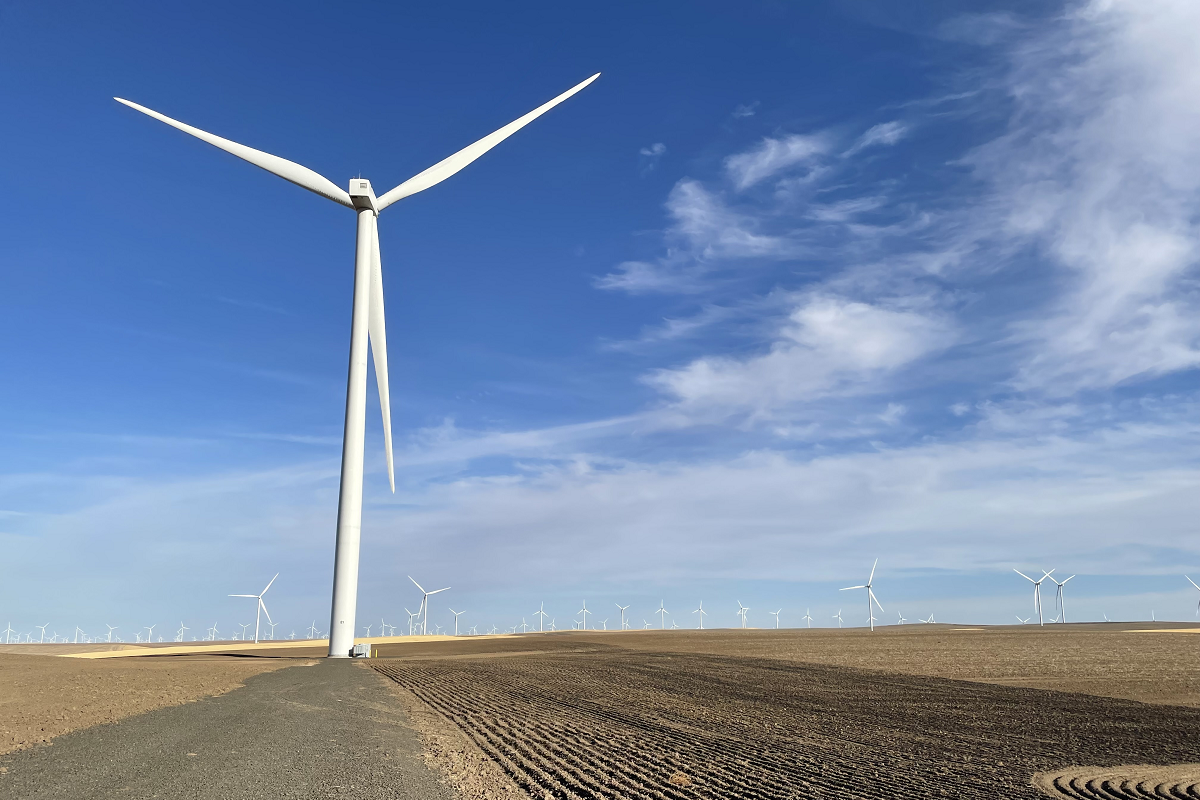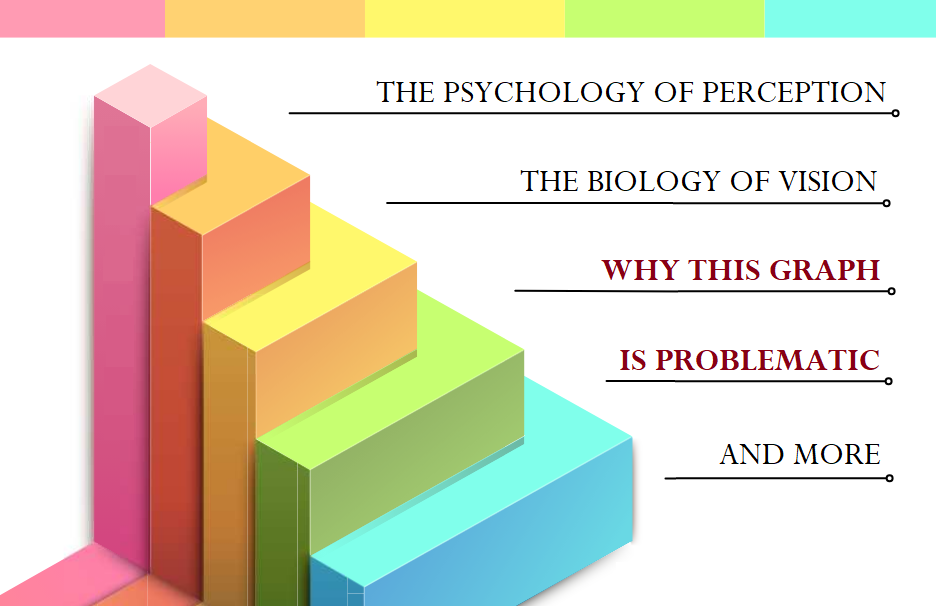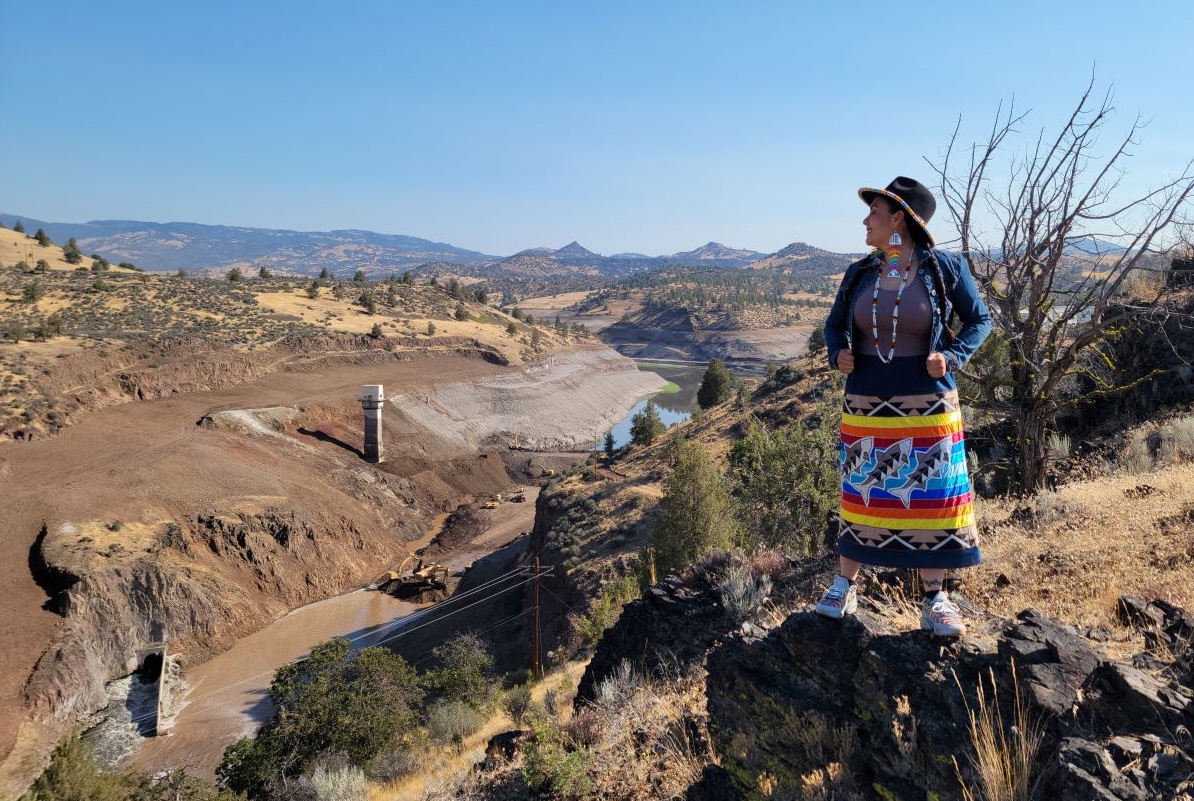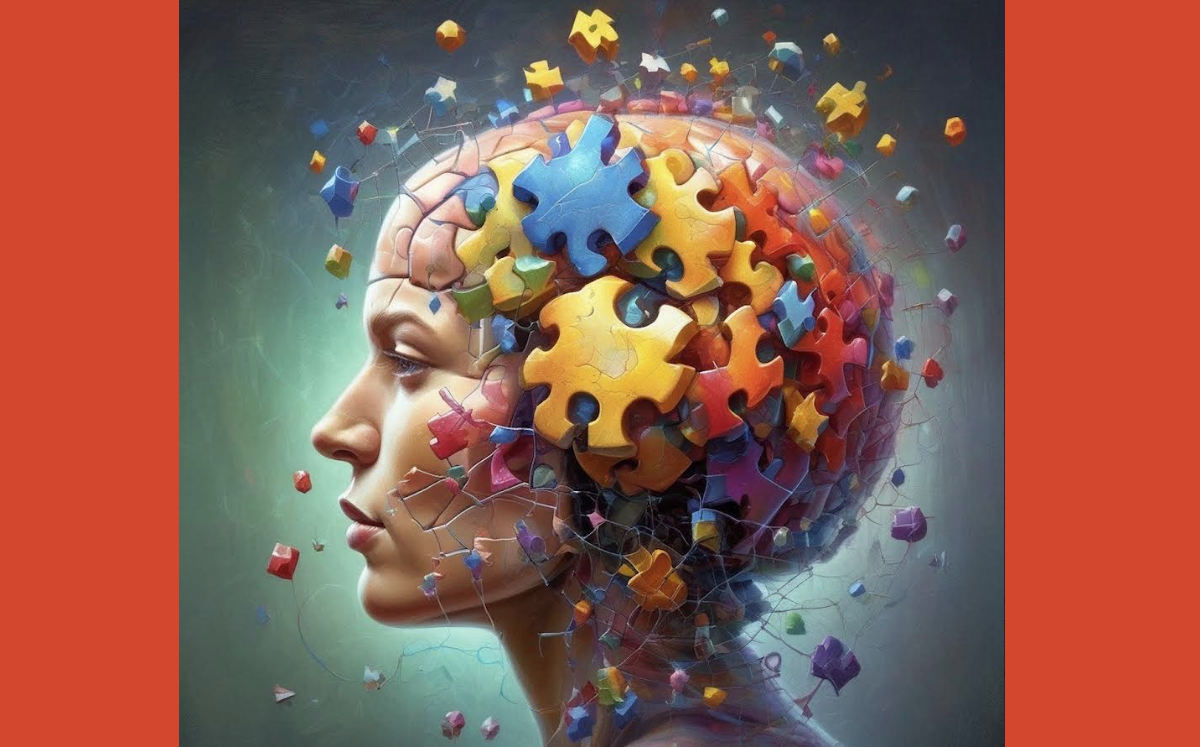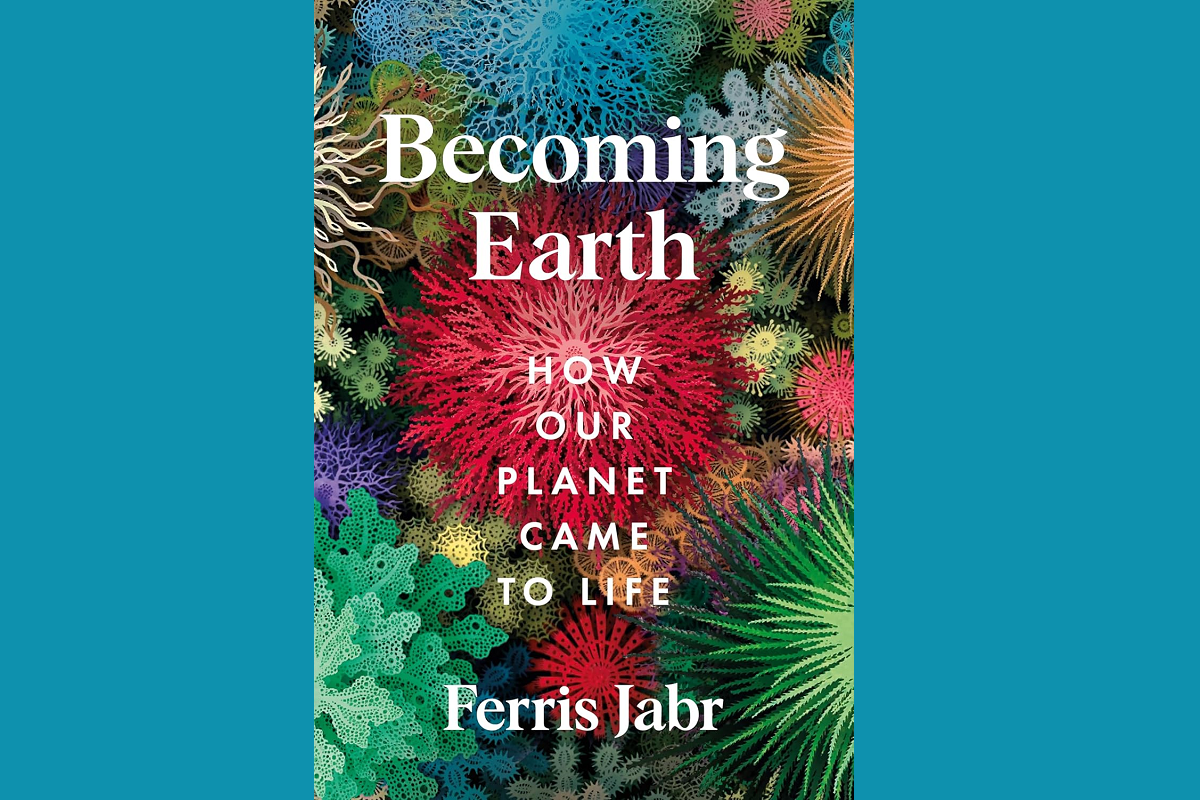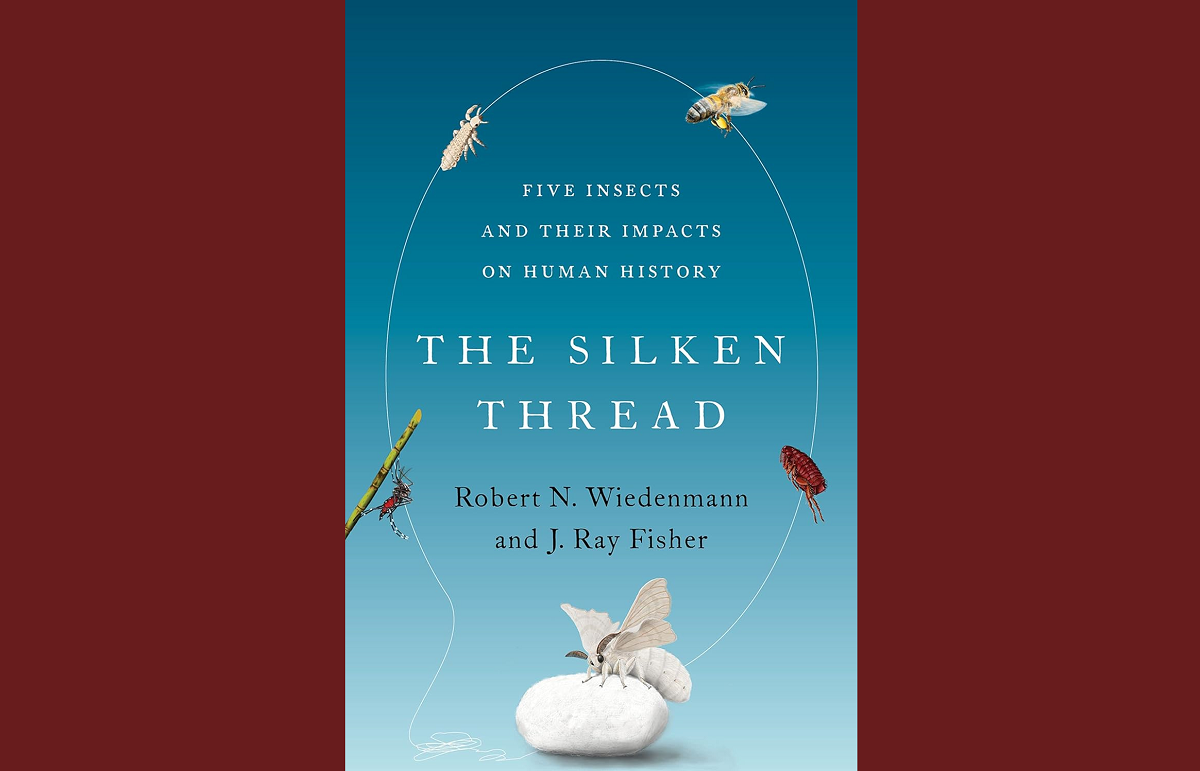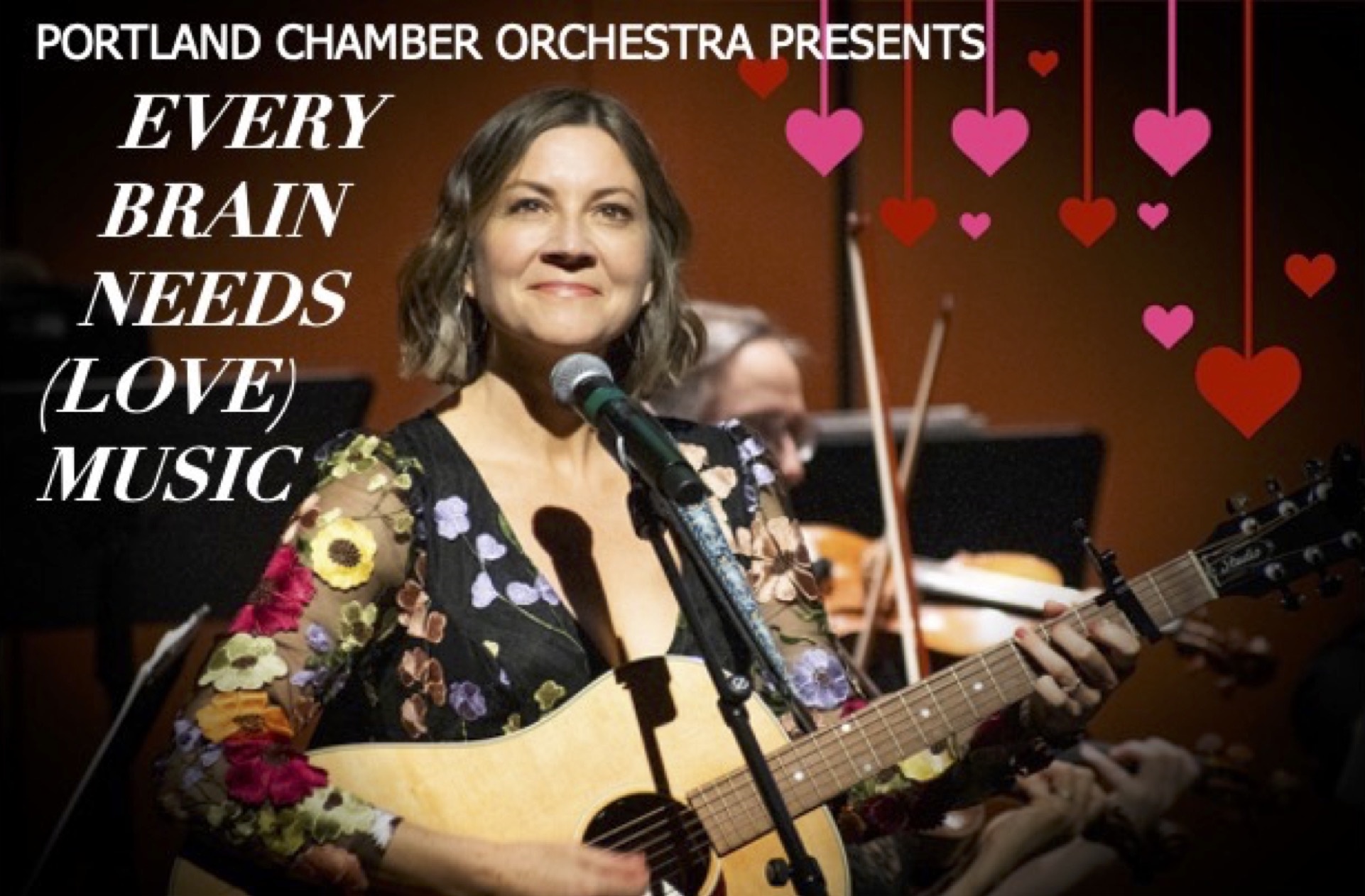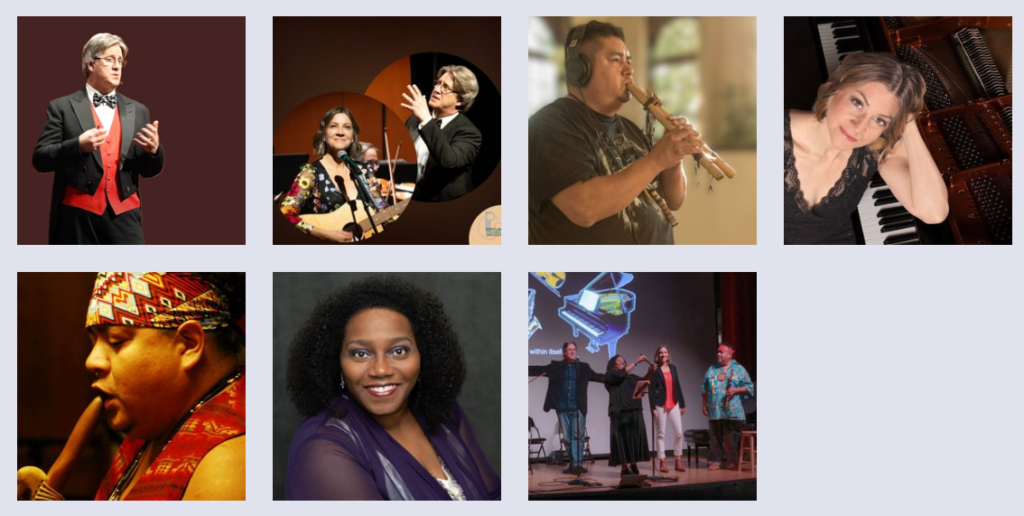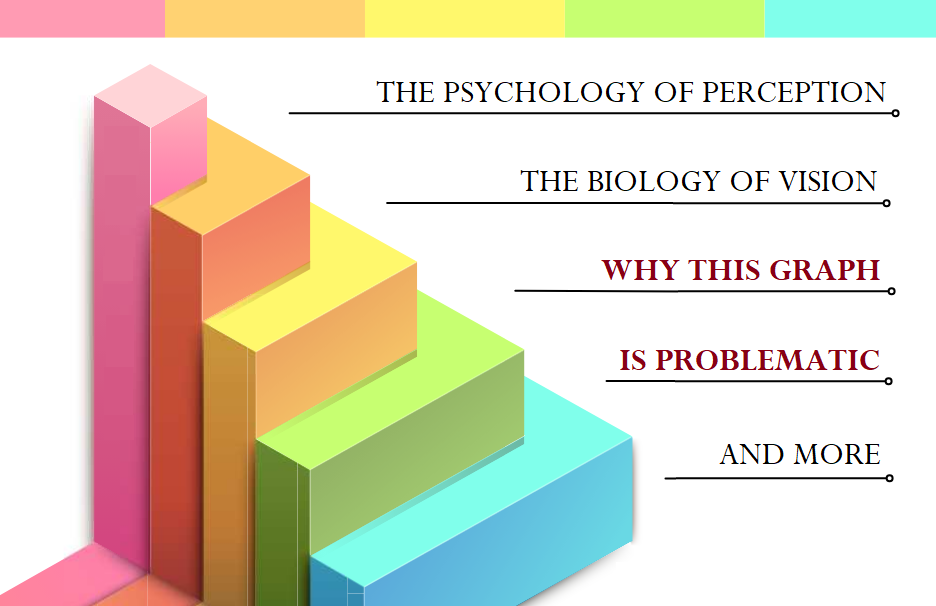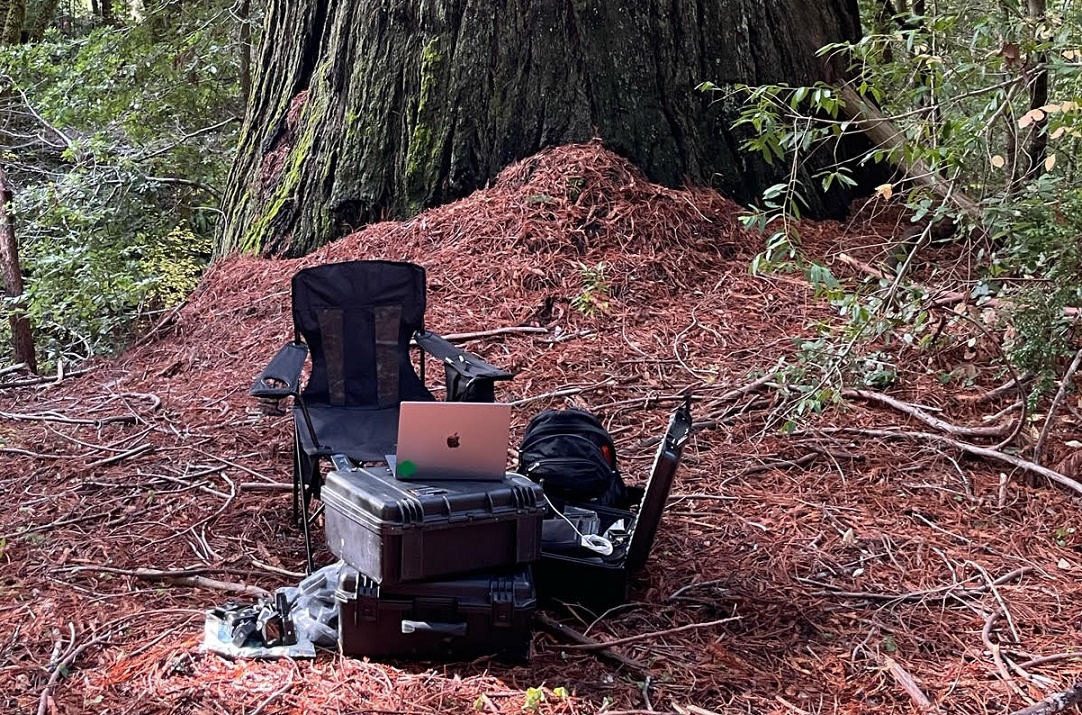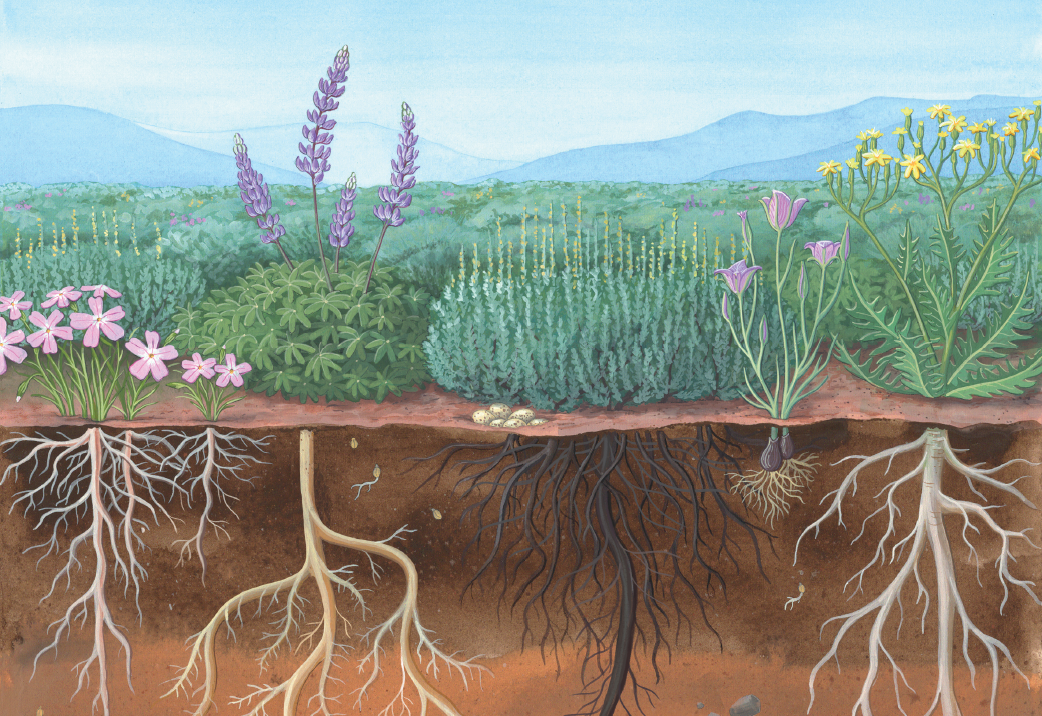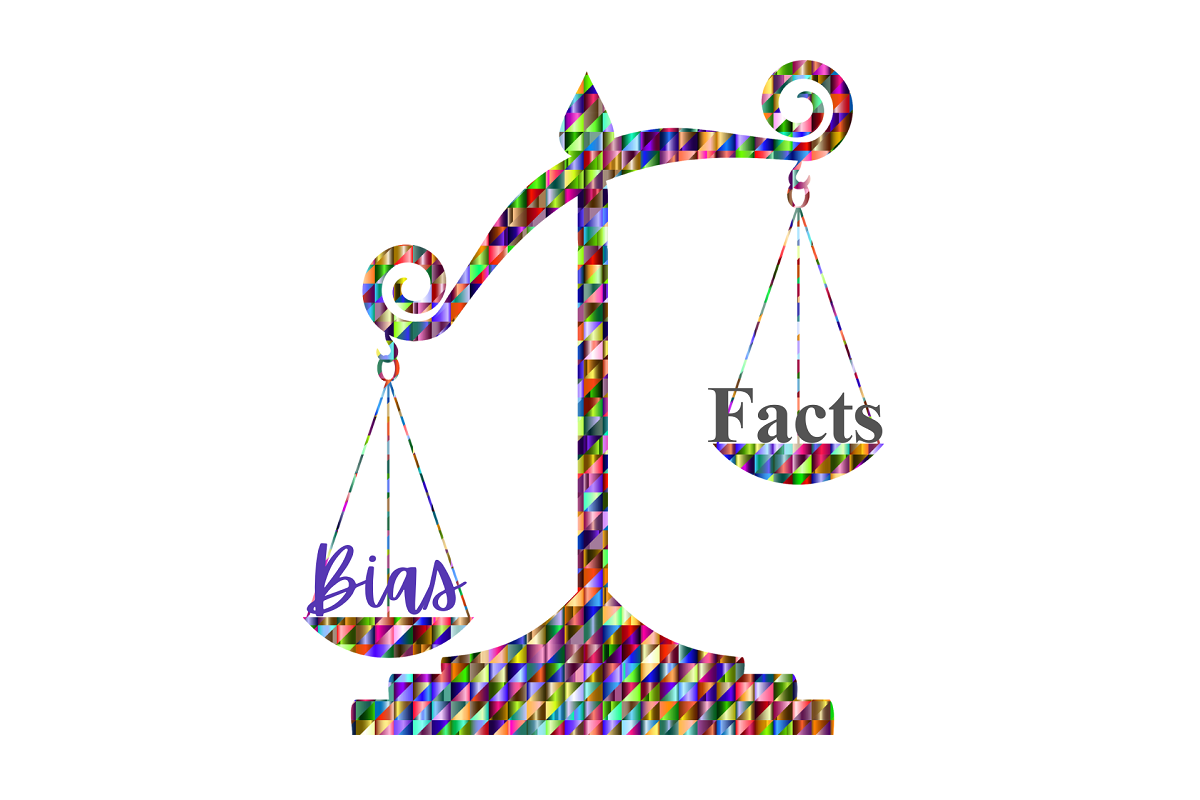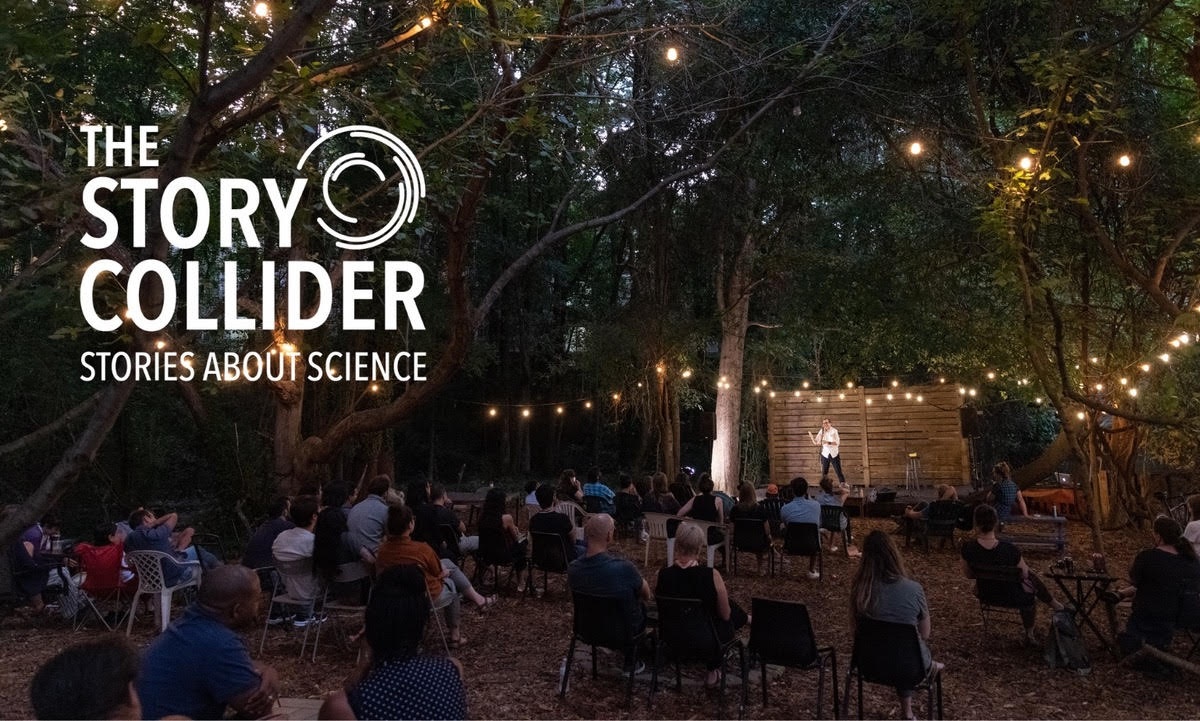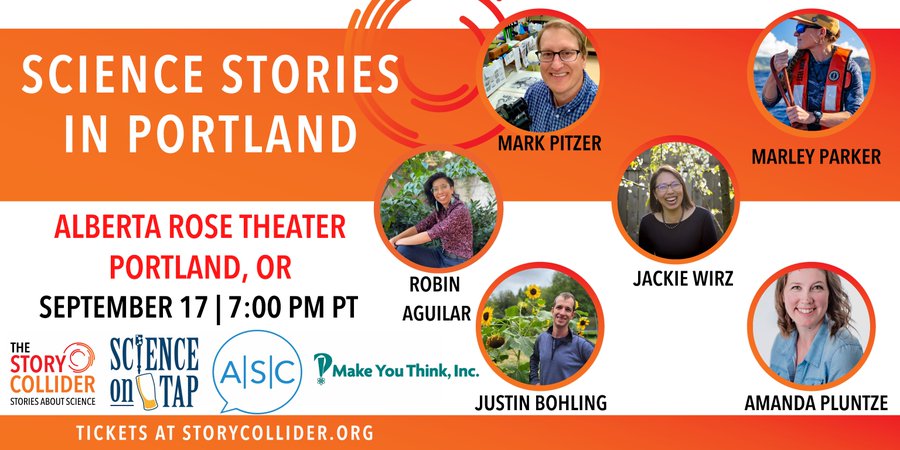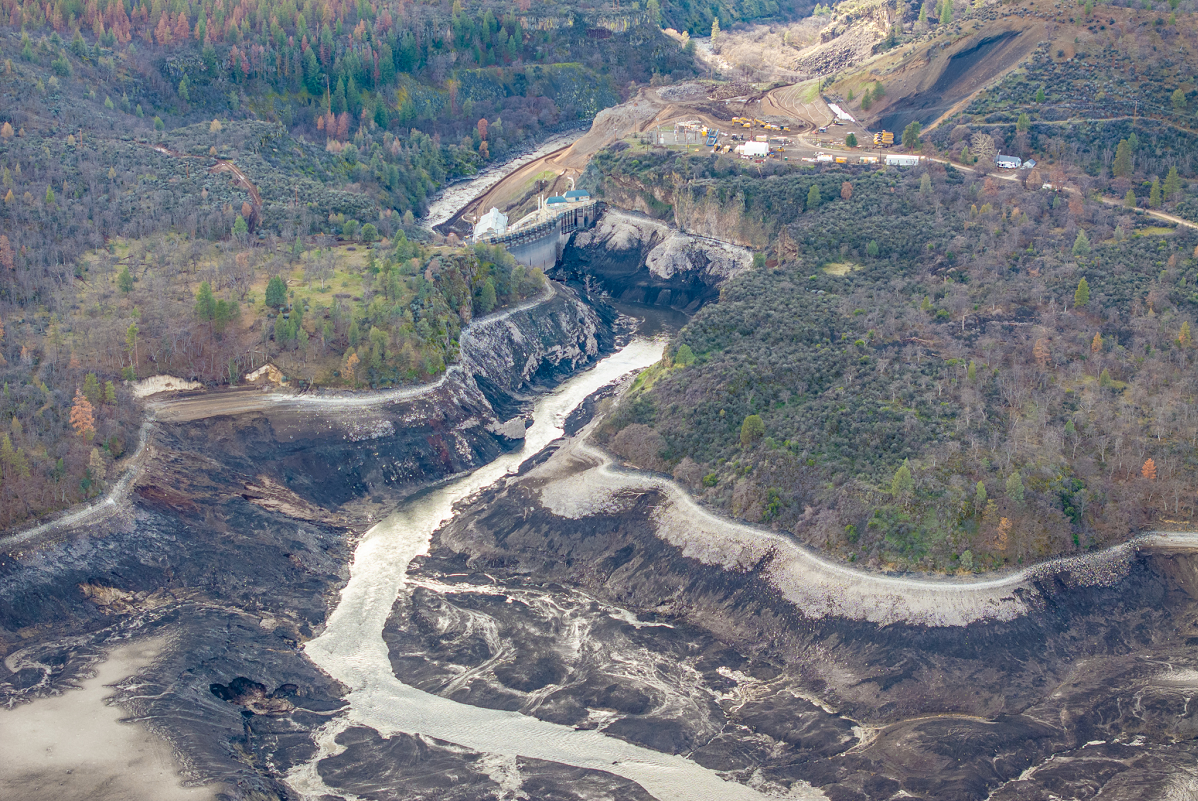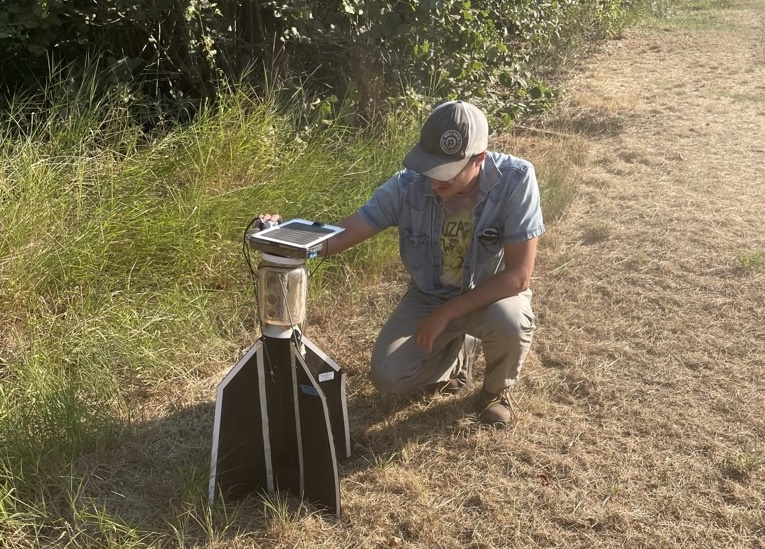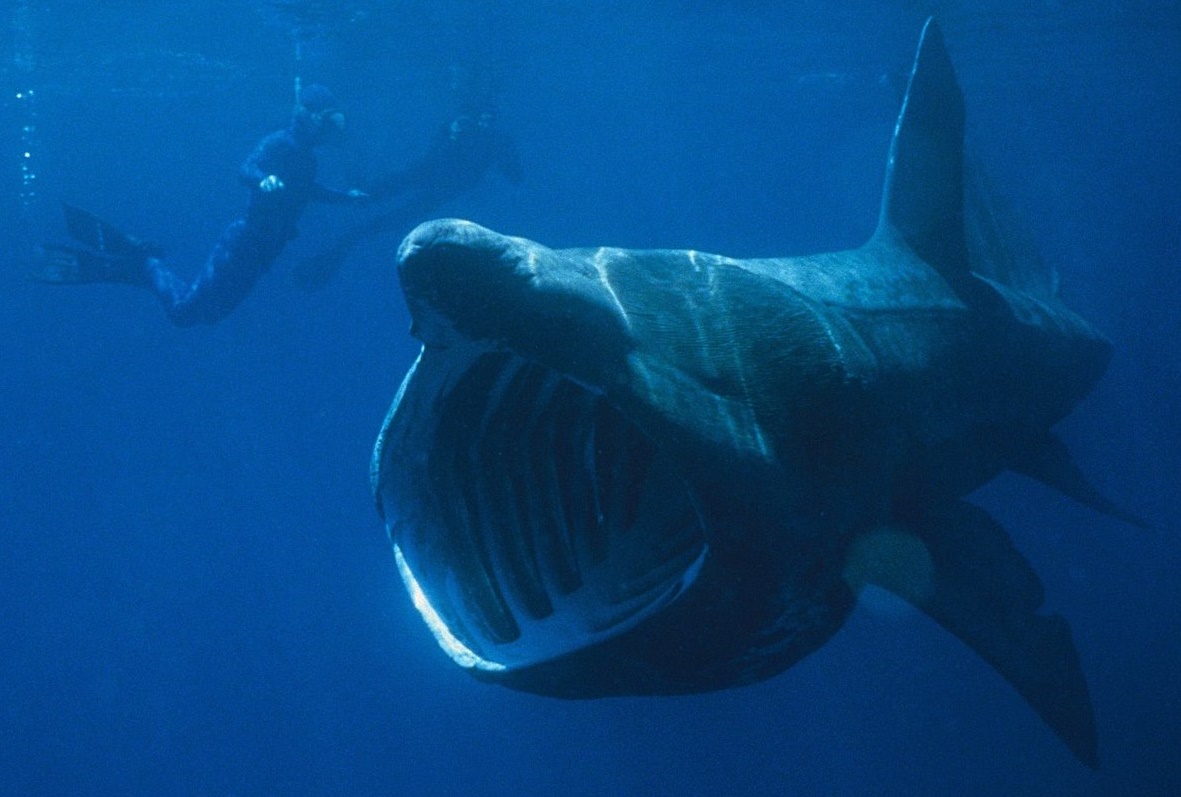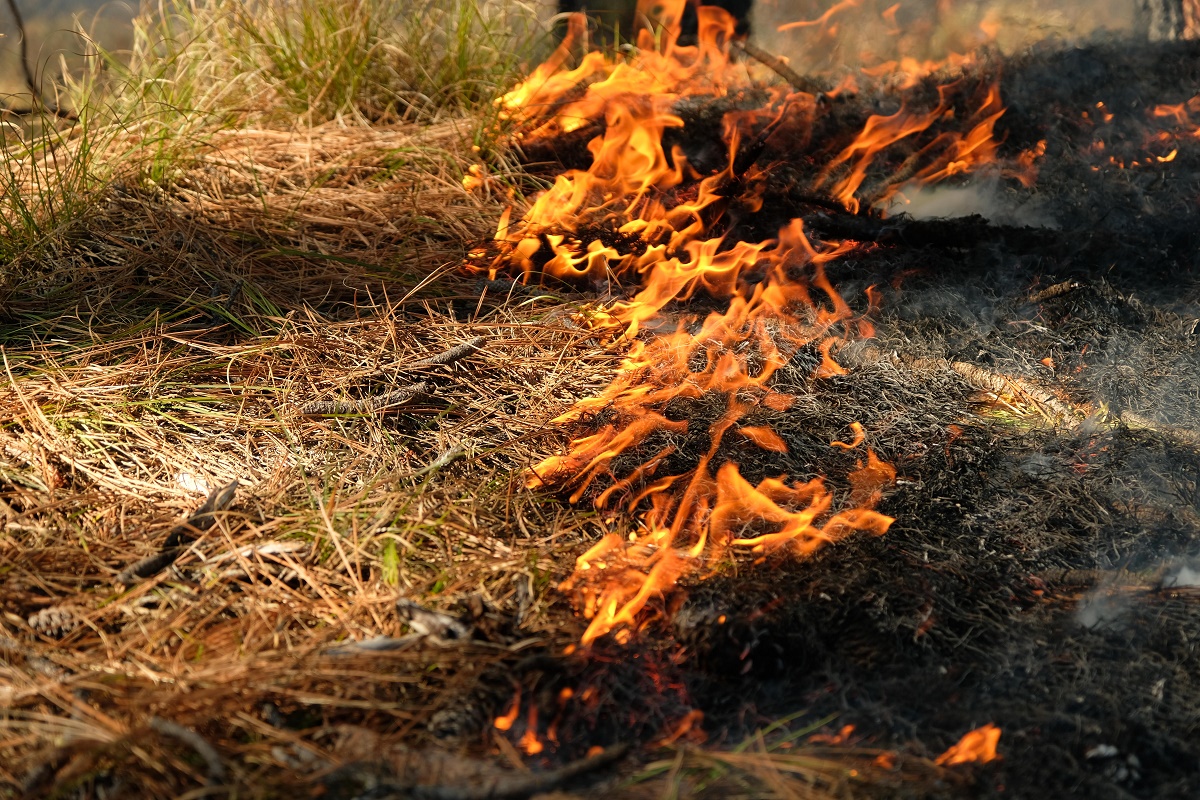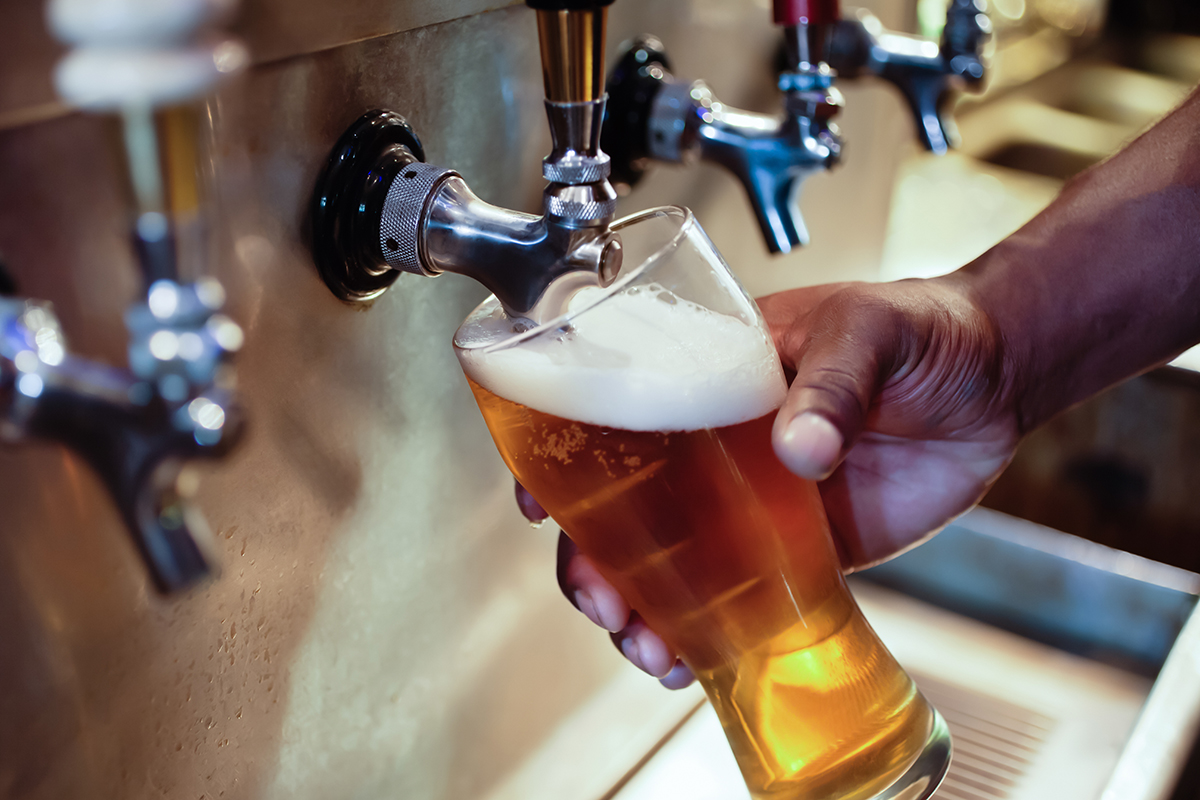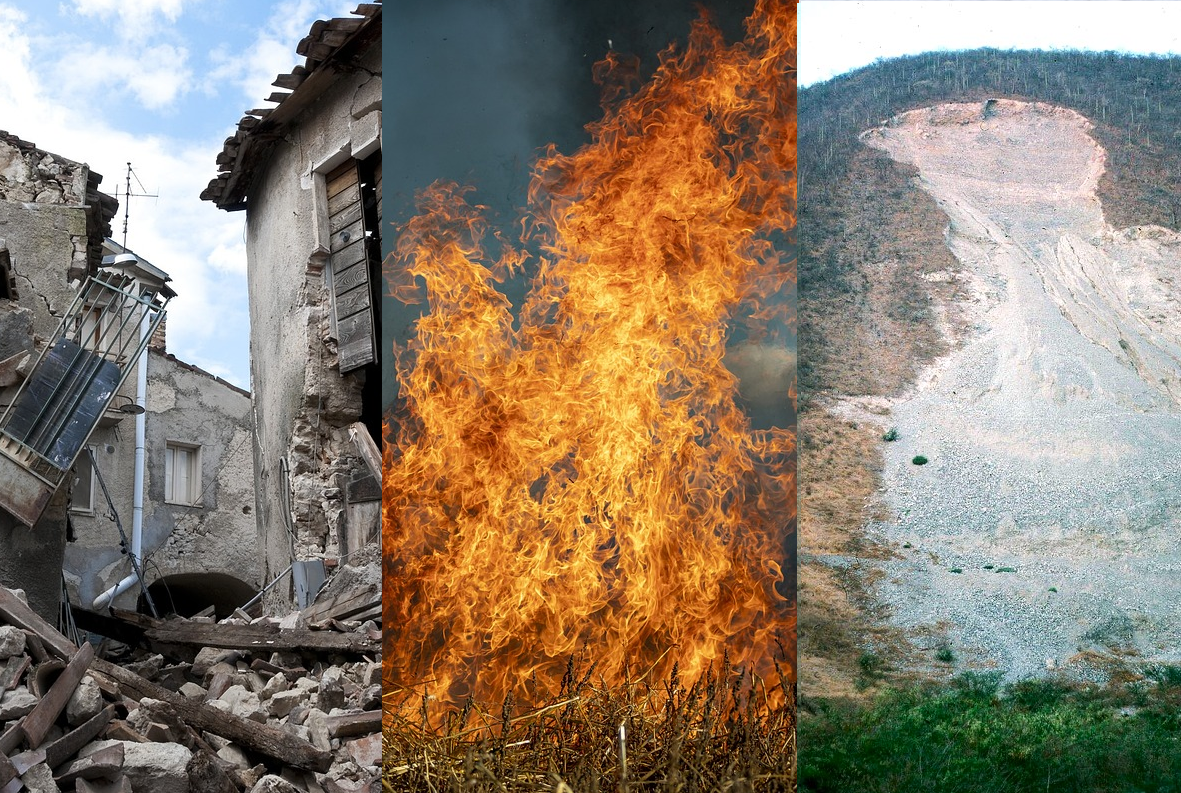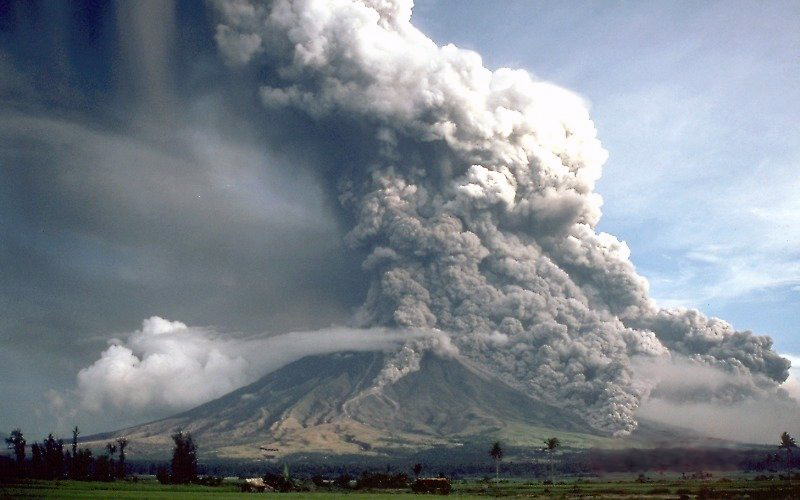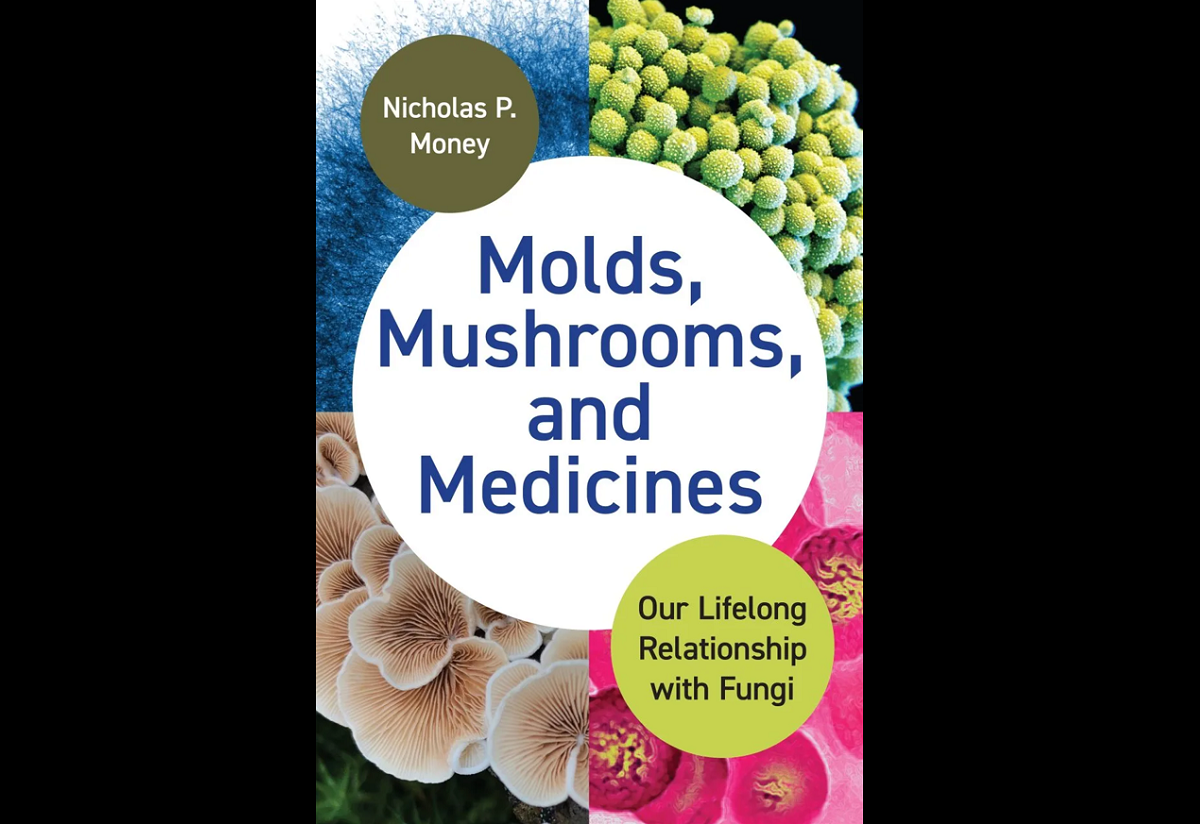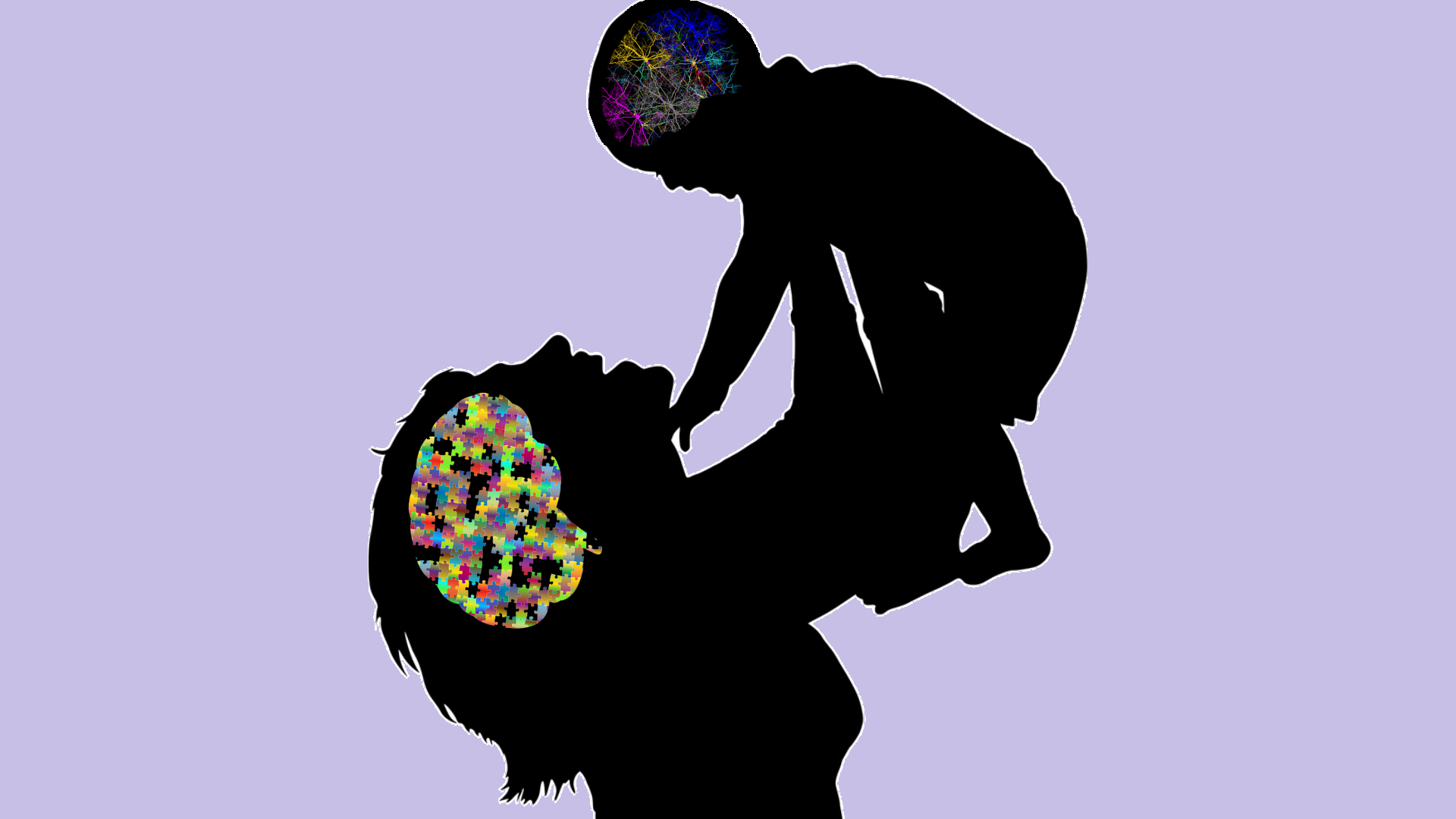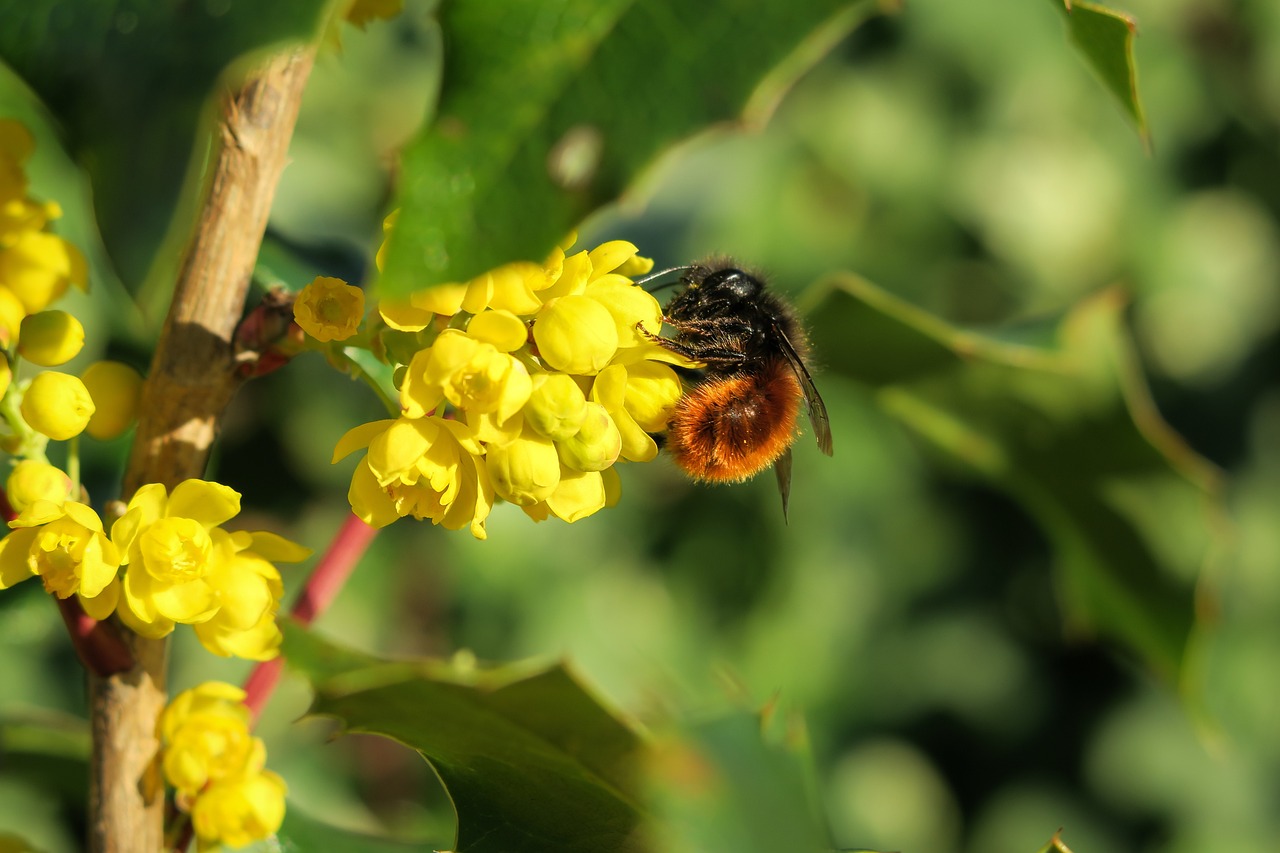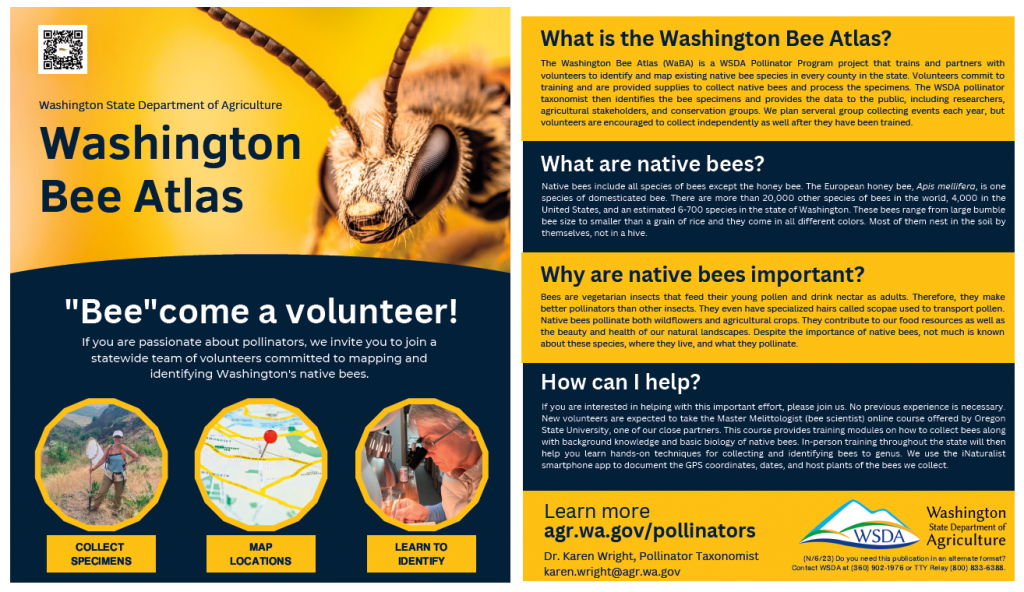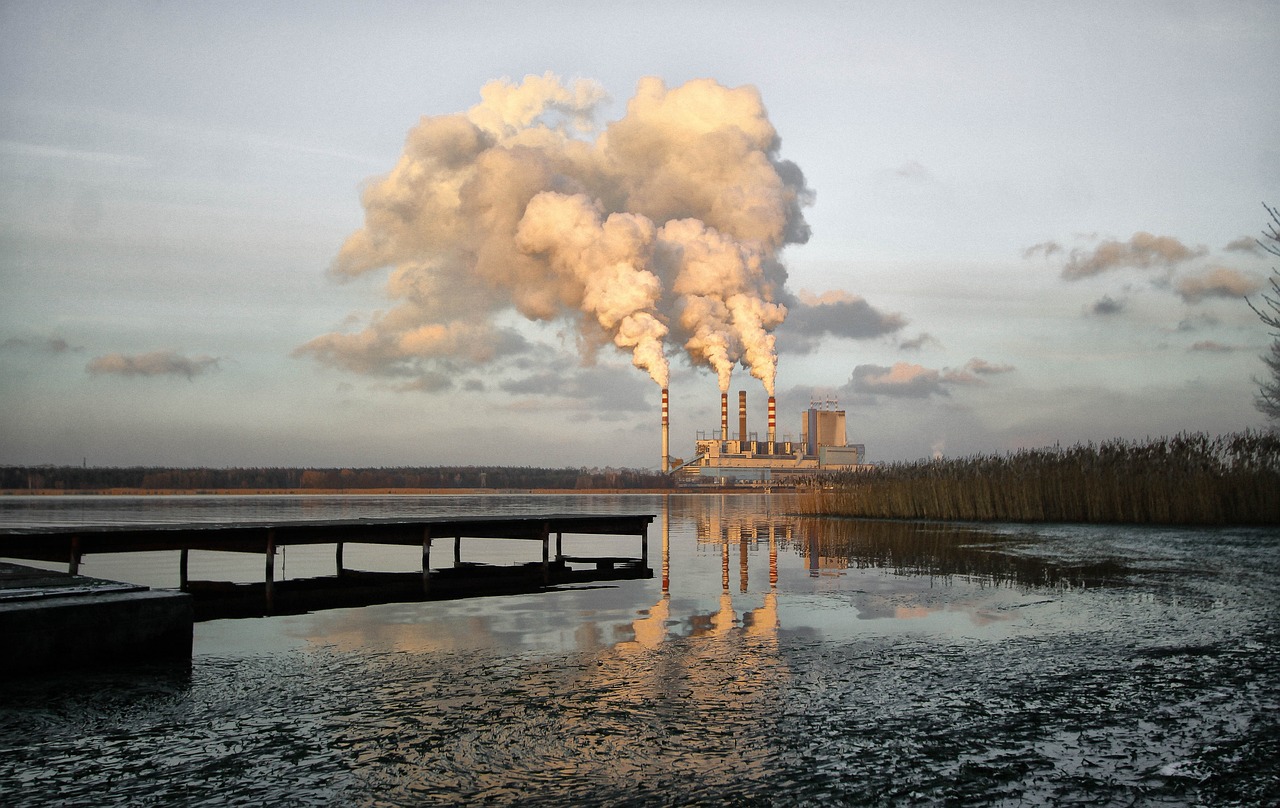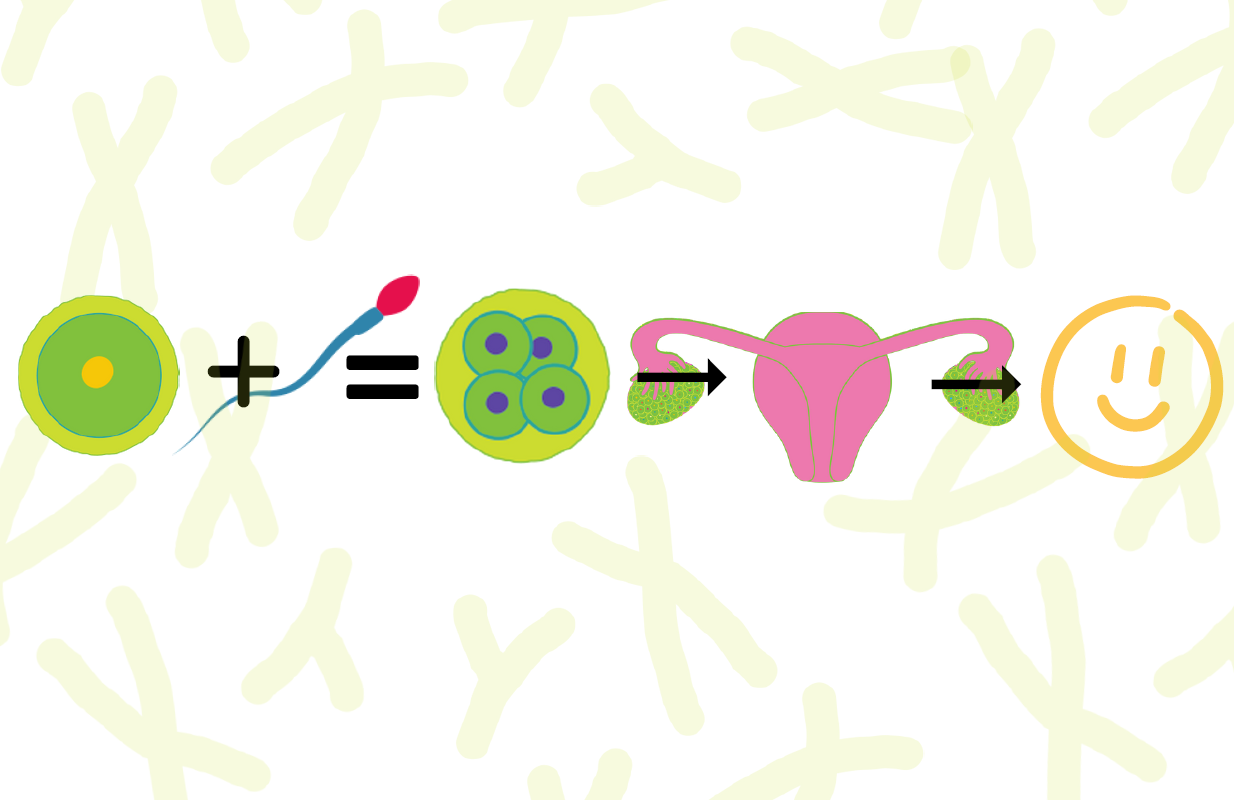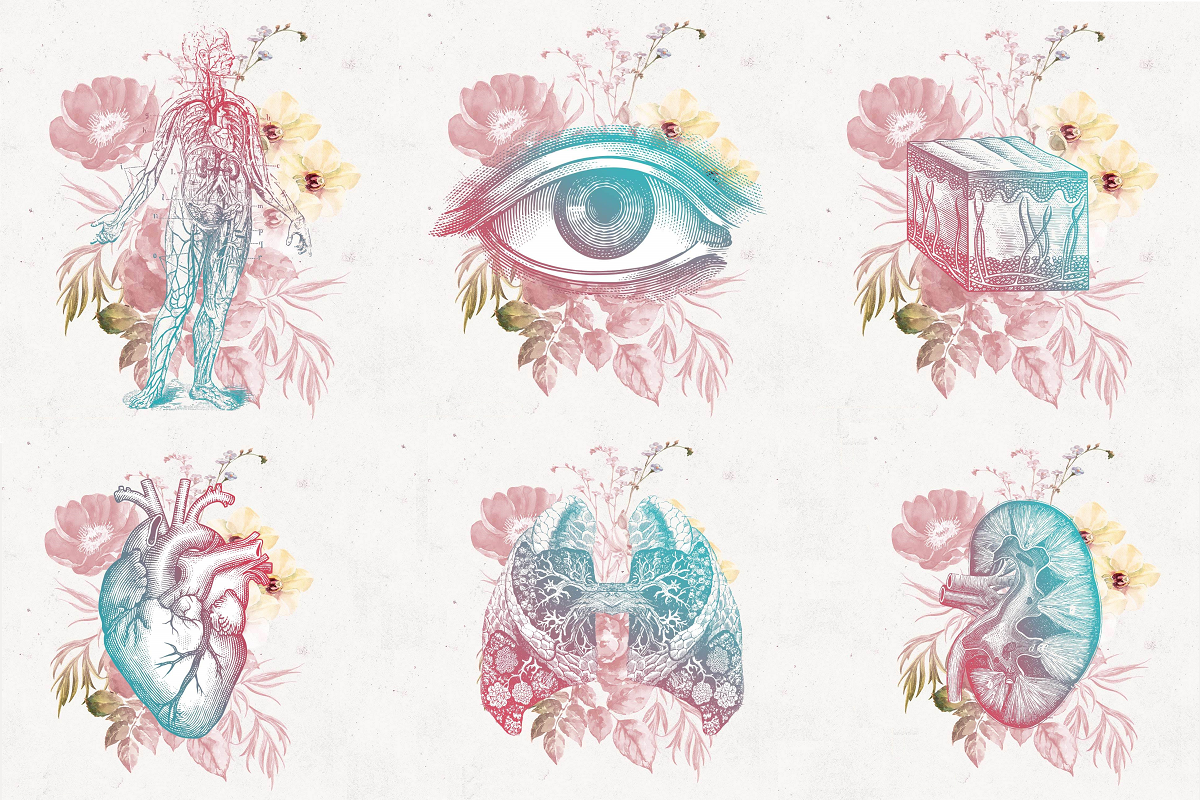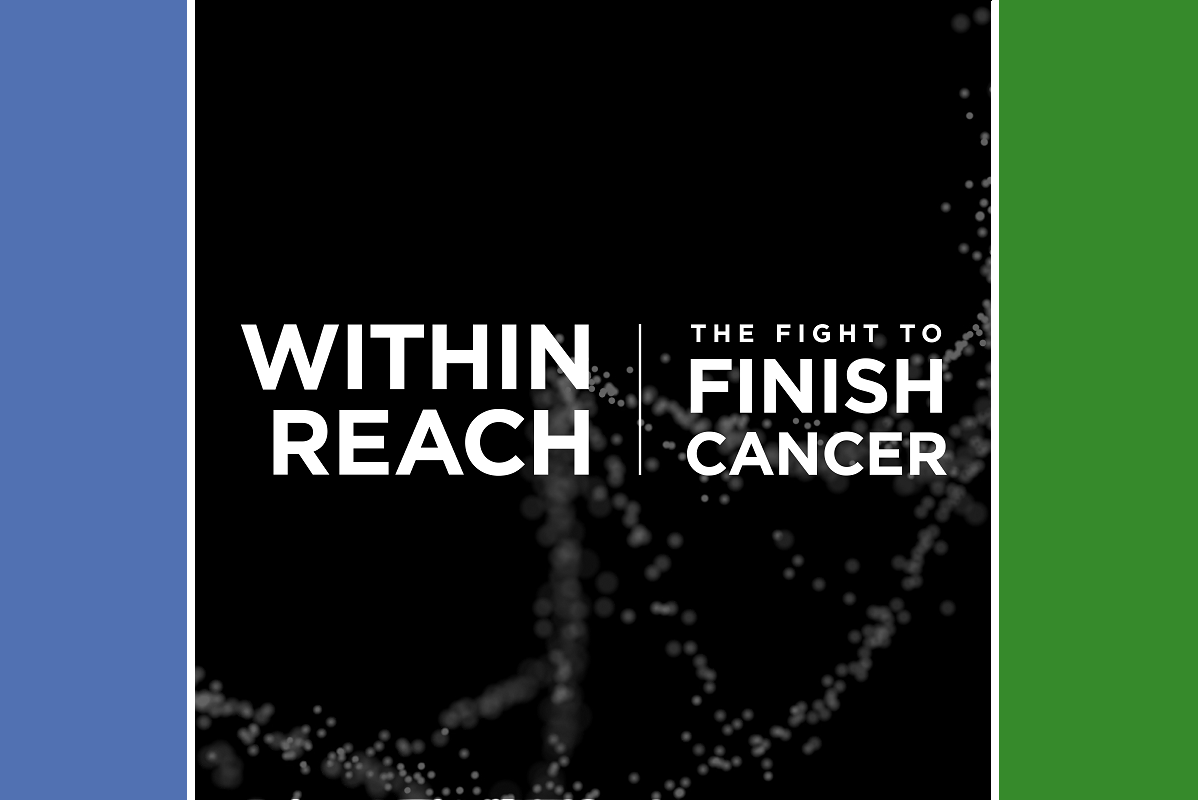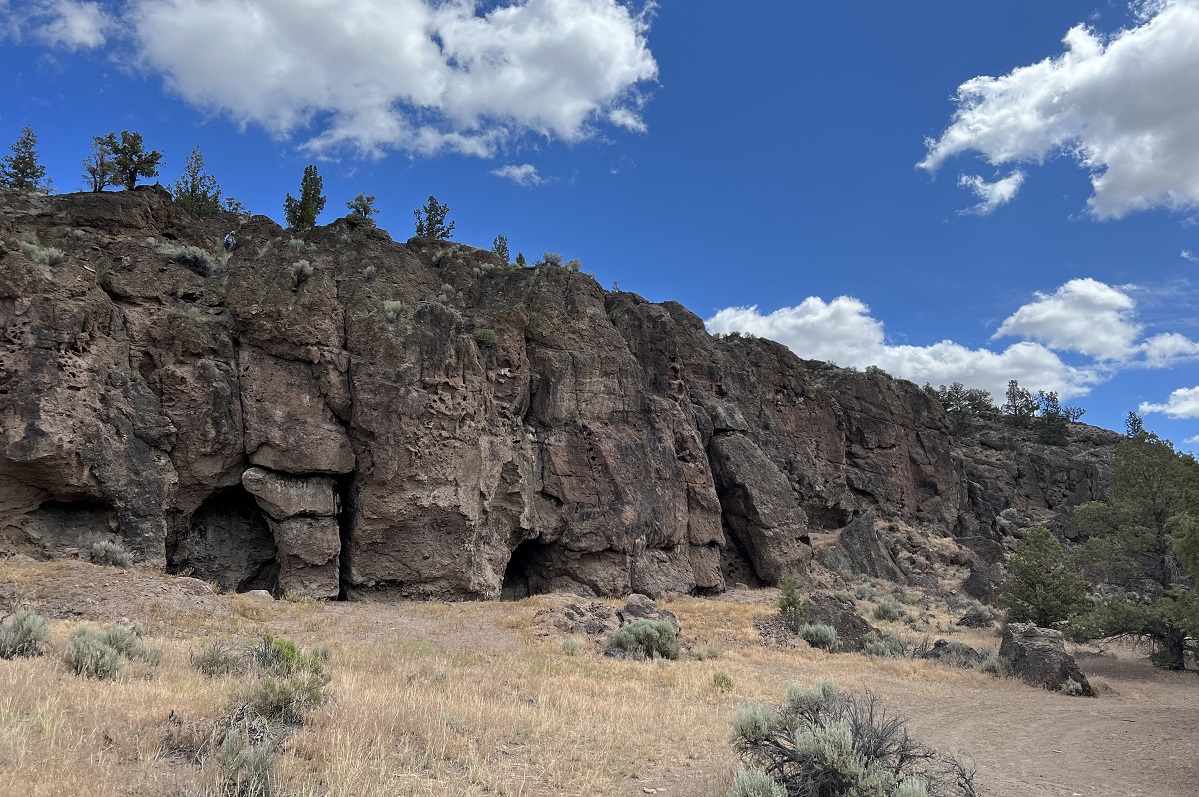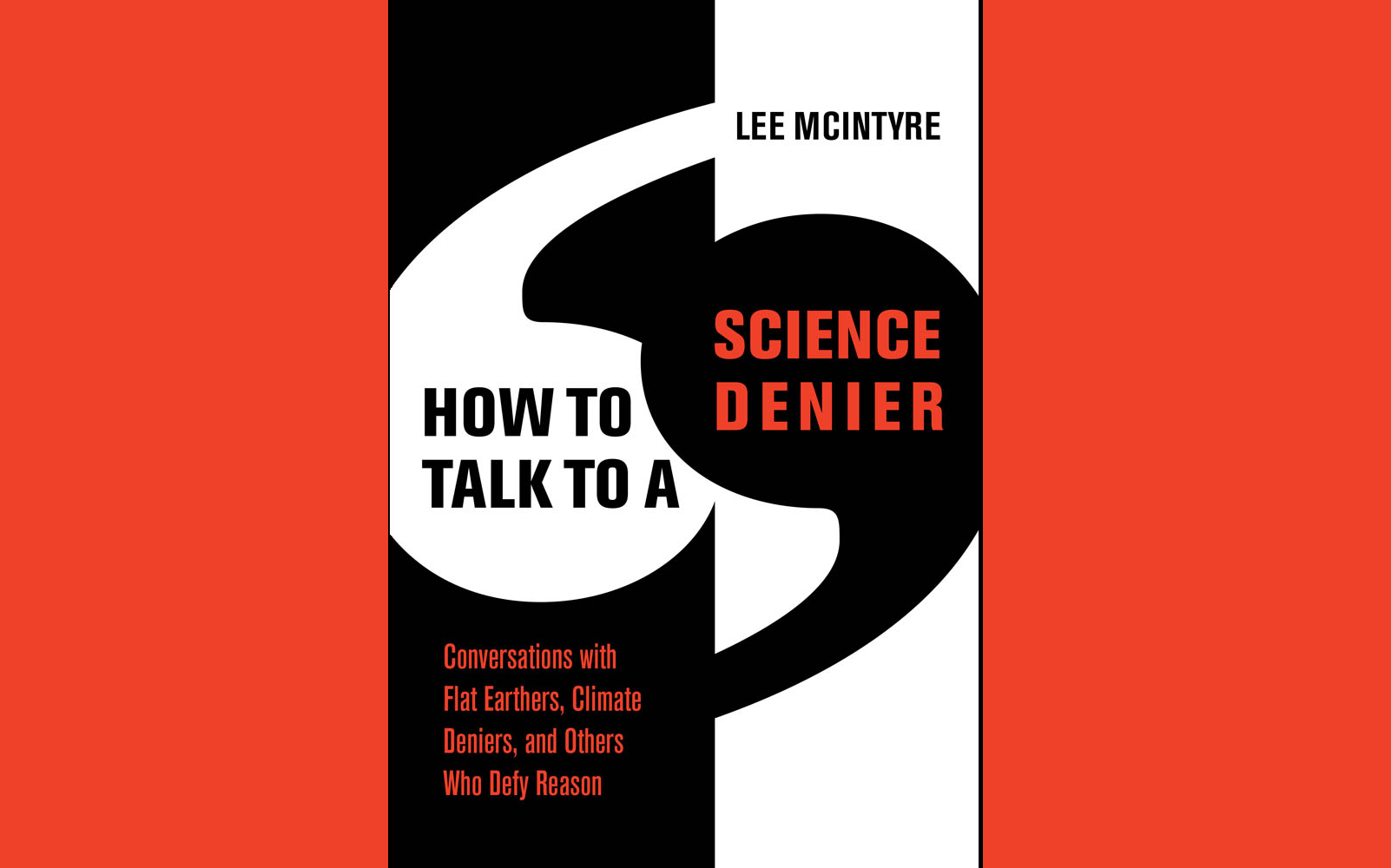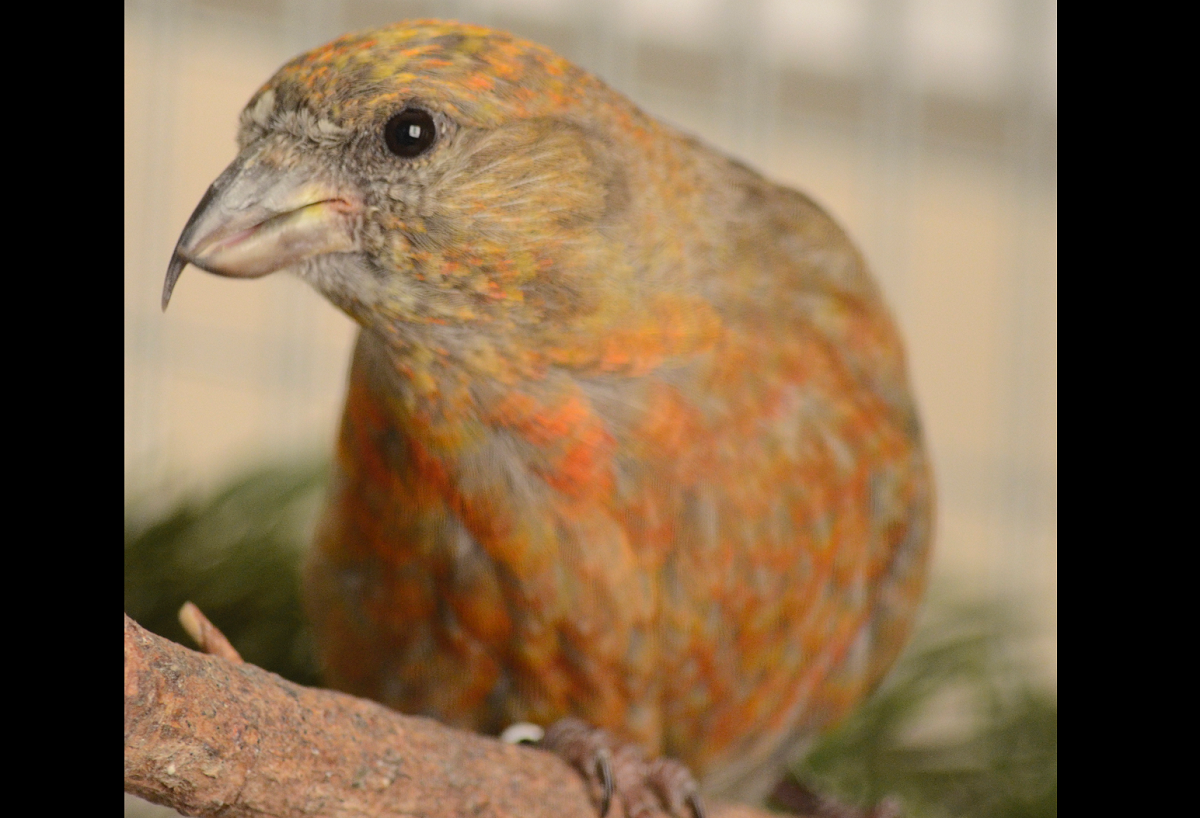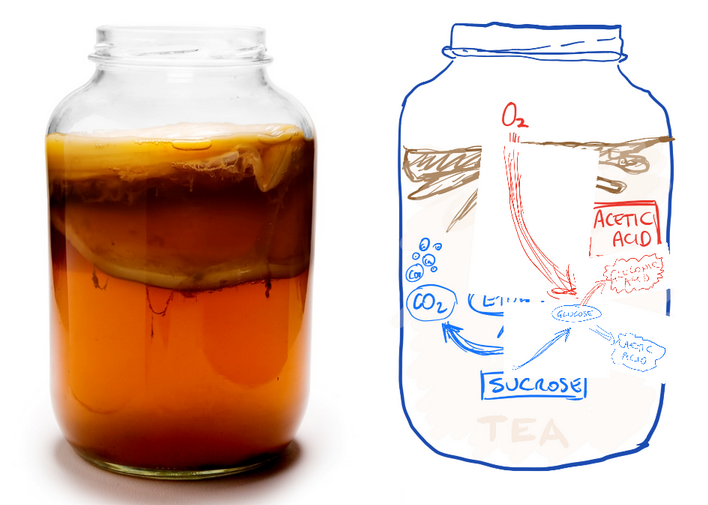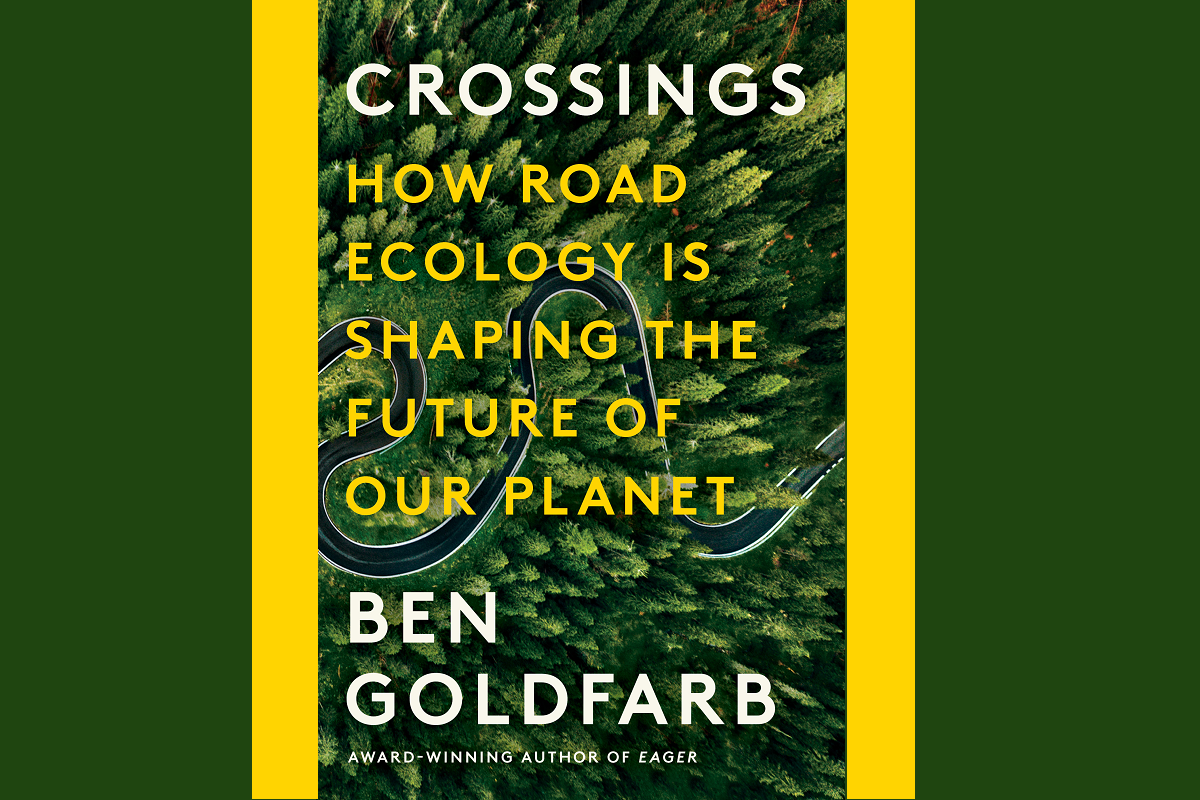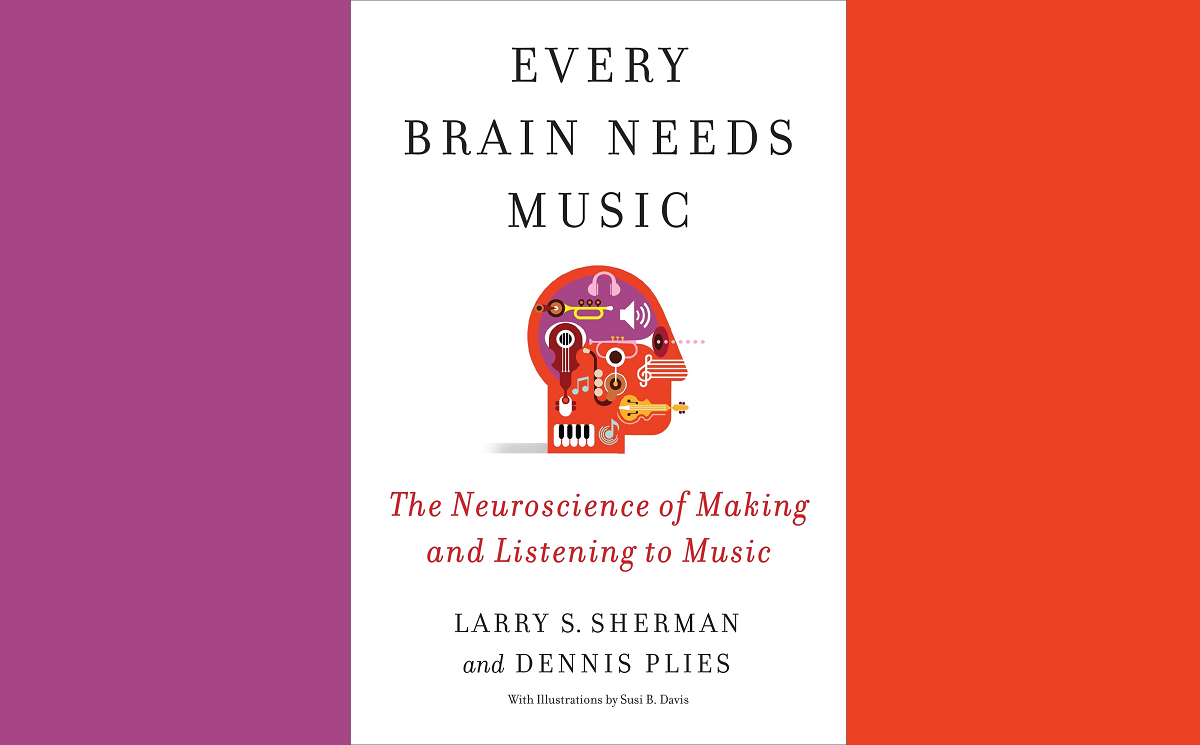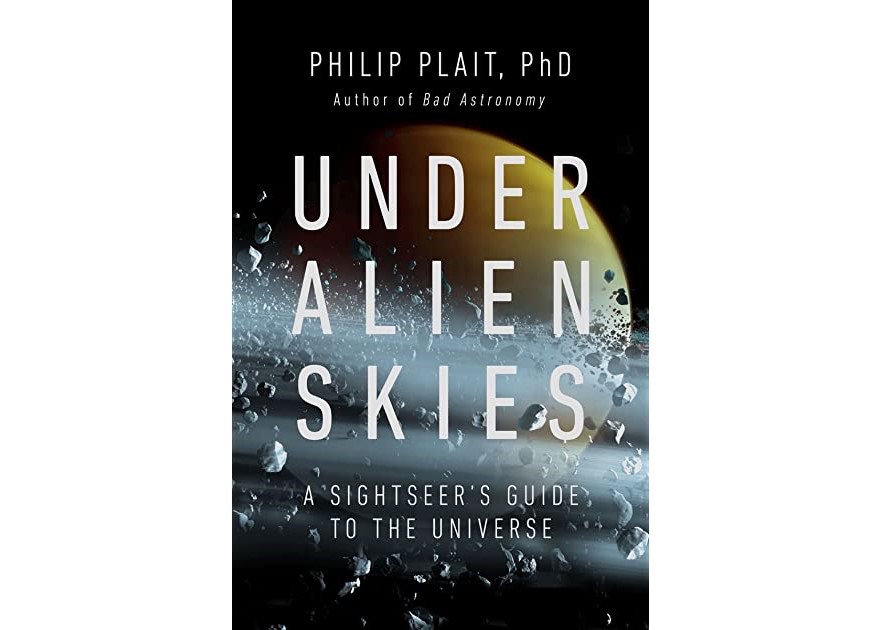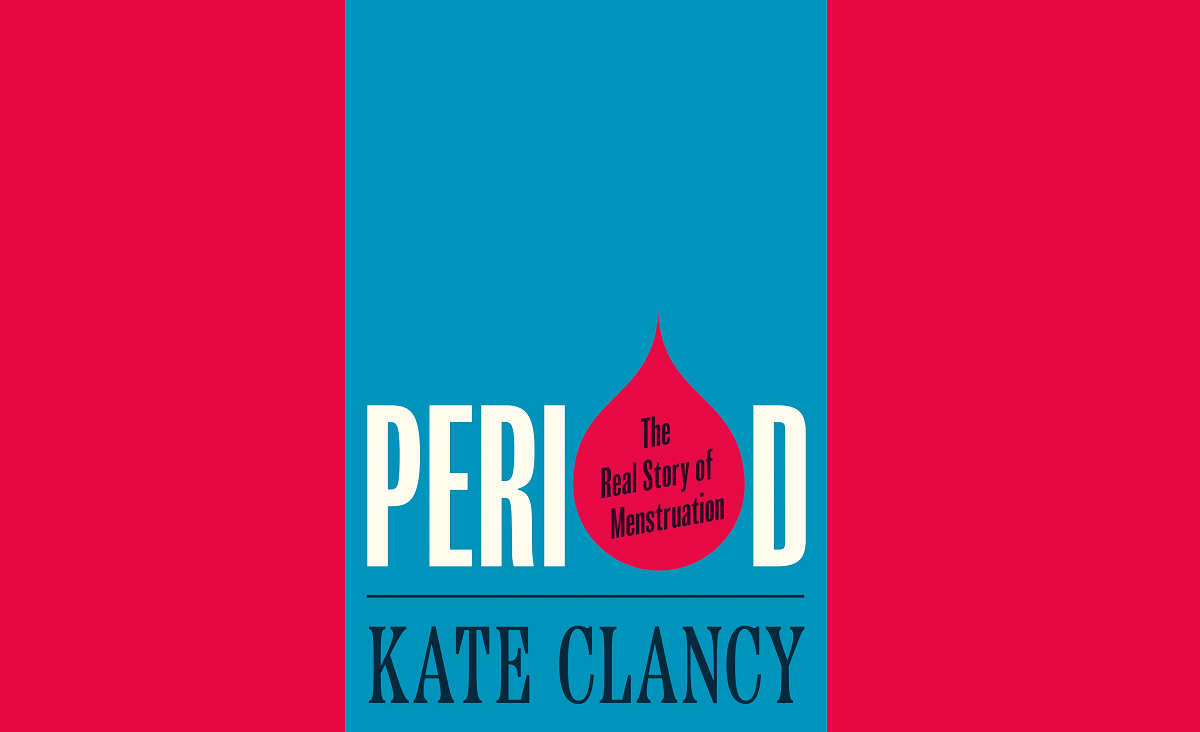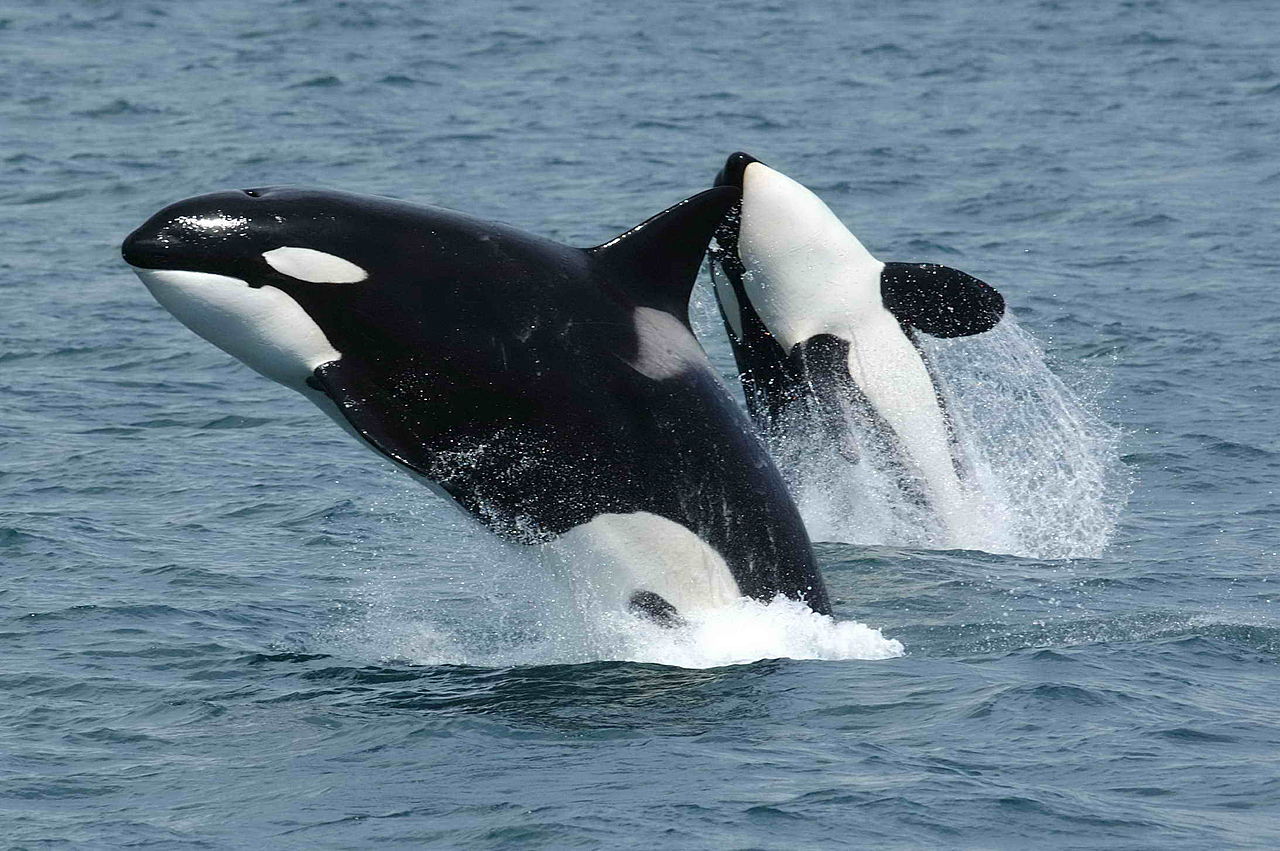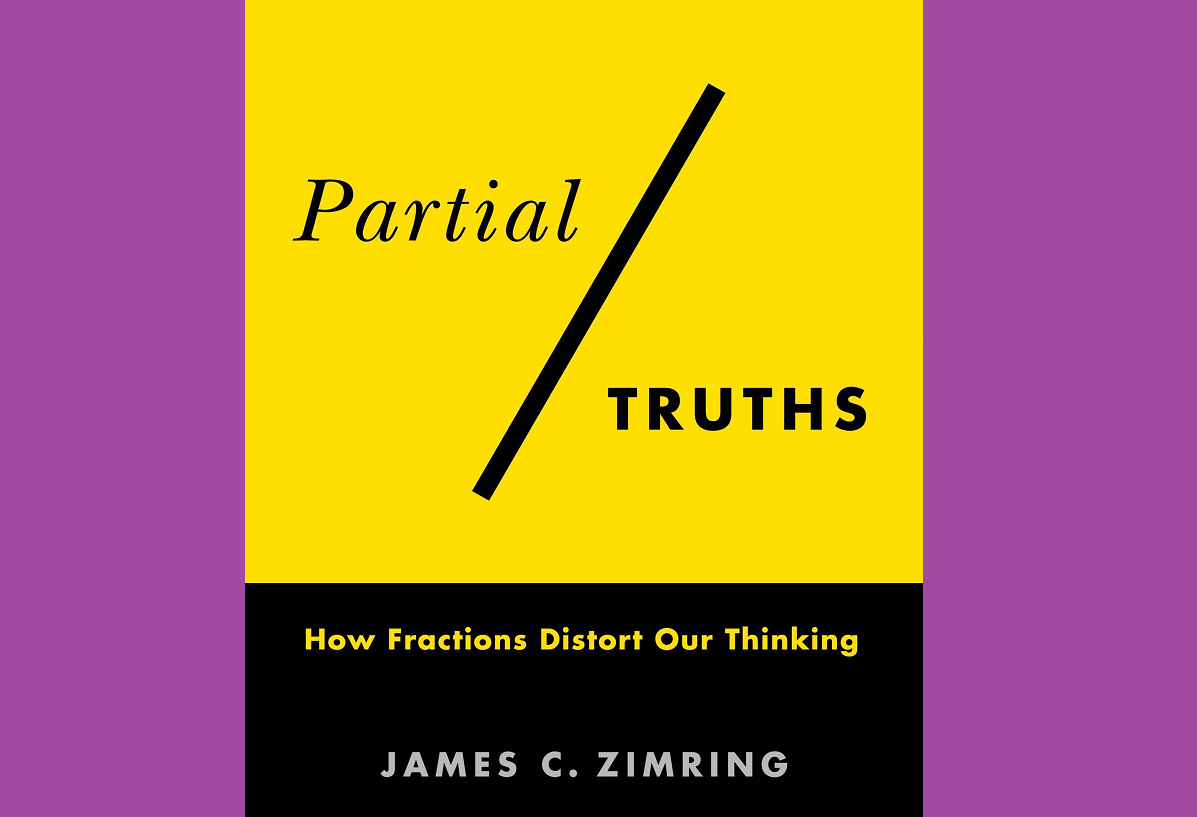The Surprising Lives of America’s Rarest Butterflies
You’ve probably heard of monarch butterflies, but have you heard of a Bartram’s scrub-hairstreak? What about a St. Francis’ satyr? A Taylor’s checkerspot? In the United States there are 21 butterfly species listed as federally threatened or endangered under the Endangered Species Act. All of these butterflies have unique ecologies that help them survive, whether it’s relying on a particular ant species for protection, or the regular bombing of artillery ranges to maintain habitat, or waiting for rain.
With recent headlines of butterfly declines in the news, learn what conservation scientists are doing to try to recover some of America’s rarest butterflies and what you can do for butterflies in your own backyard.
Dr. Erica Henry is the Prairie Ecologist with the WA Department of Fish and Wildlife. She has worked on endangered butterfly research projects from the Everglades and Florida Keys to coastal meadows of Oregon. Through this work, she has developed an intimate knowledge of the natural history of many of the US’s endangered butterflies and how we can use that information to improve conservation actions.
-
Event Date
Wednesday, June 11, 2025
-
Start Time
7:00 pm Pacific
-
End Time
8:30 pm Pacific
-
Tickets
Door
General Admission: $20
get ticketsTicket fine print
We at Science on Tap are committed to offering educational opportunities to adults who want to learn. If the ticket price is a hardship for you, please write to us and we're happy to provide reduced-price tickets to those who request them.
-
Venue
Kiggins Theatre

